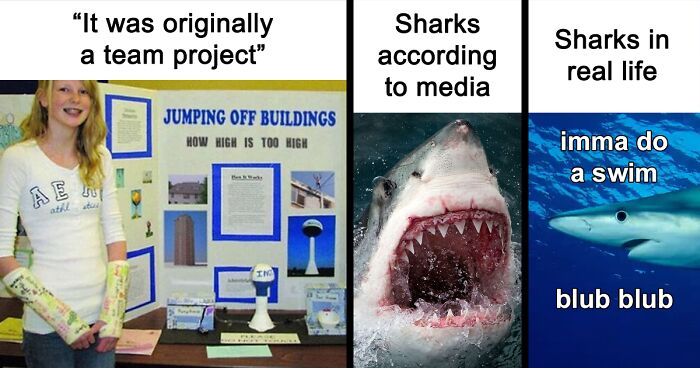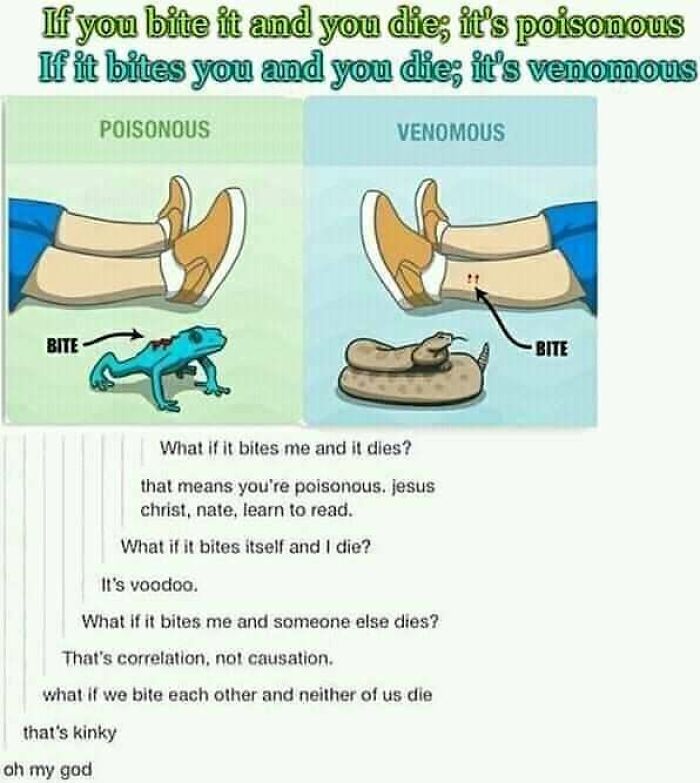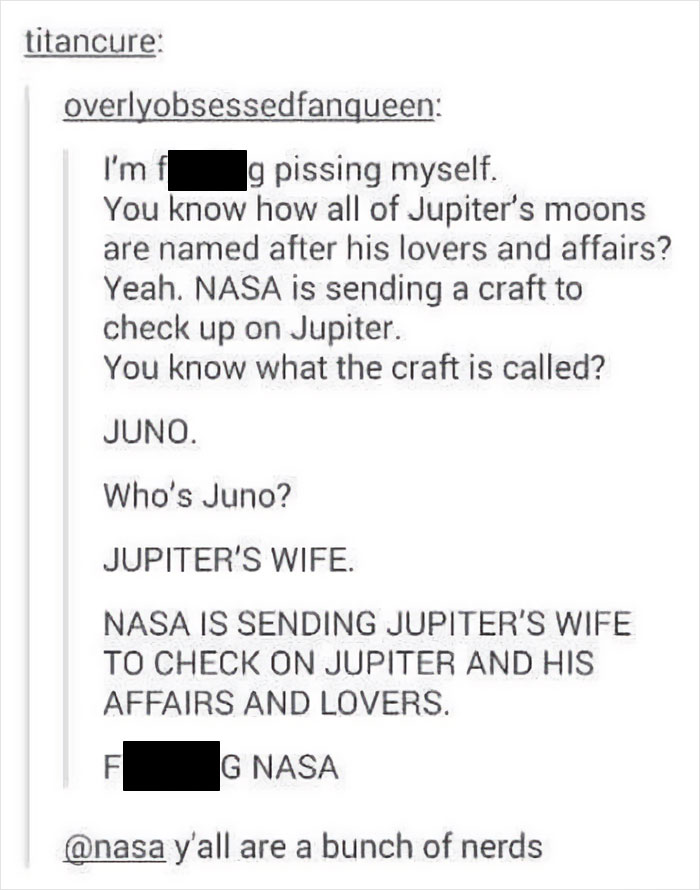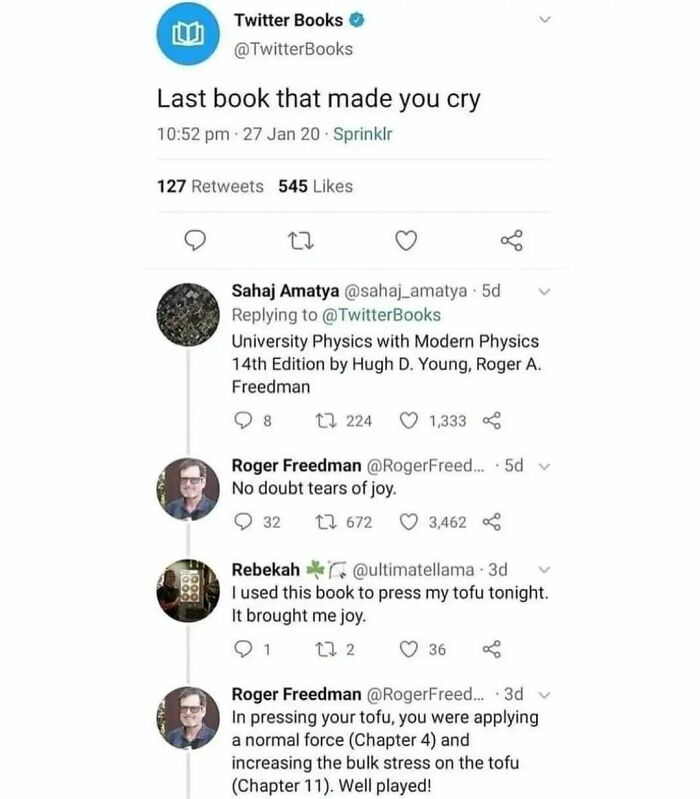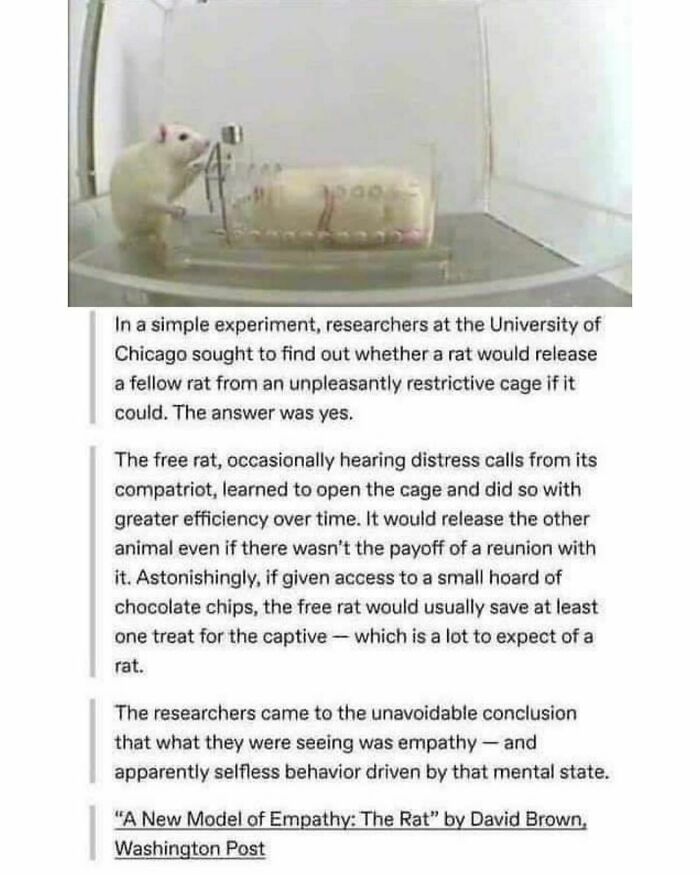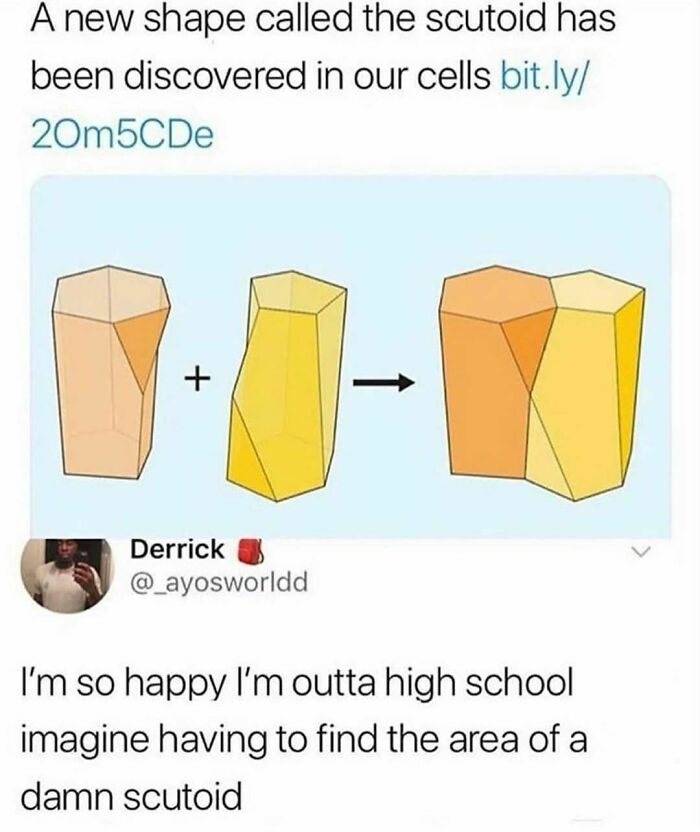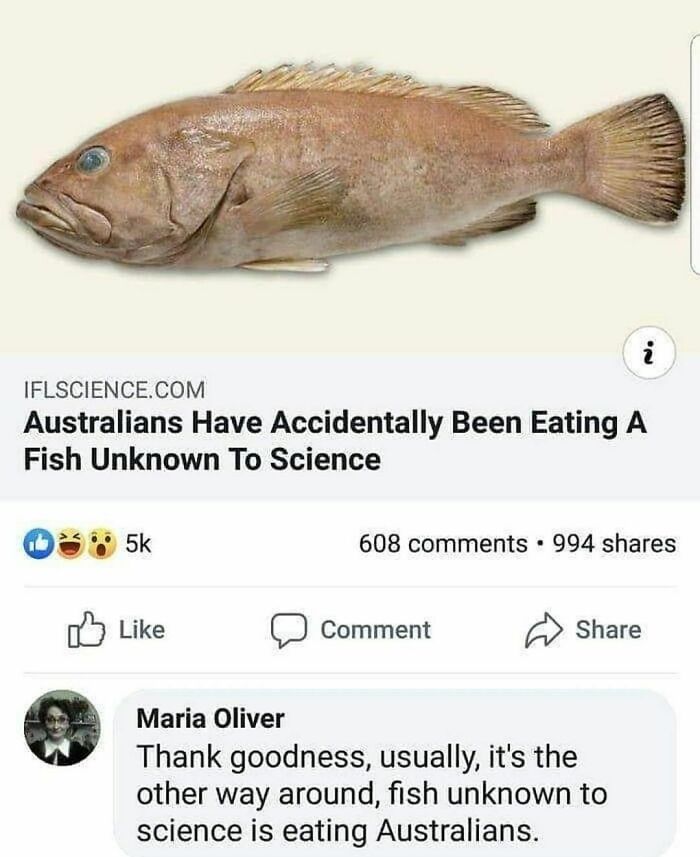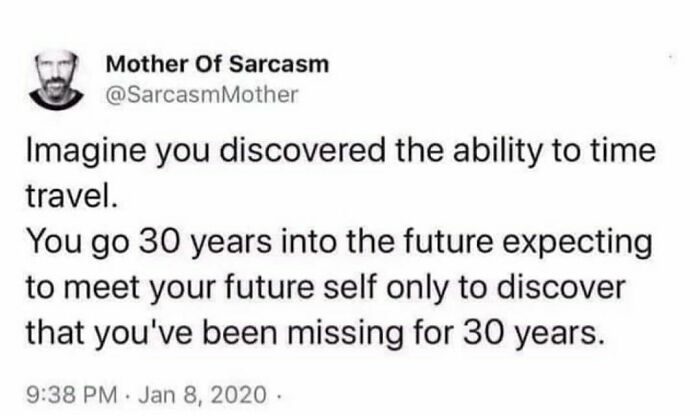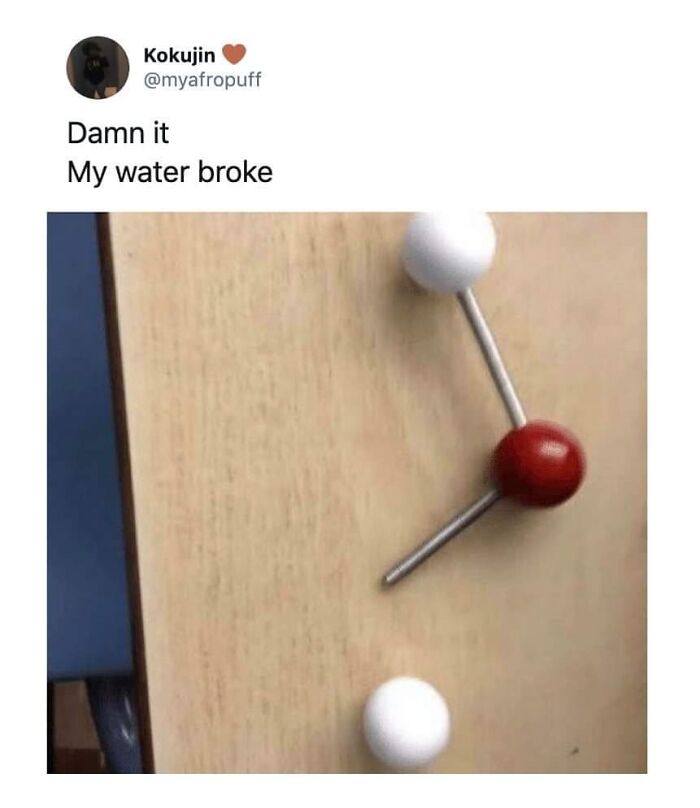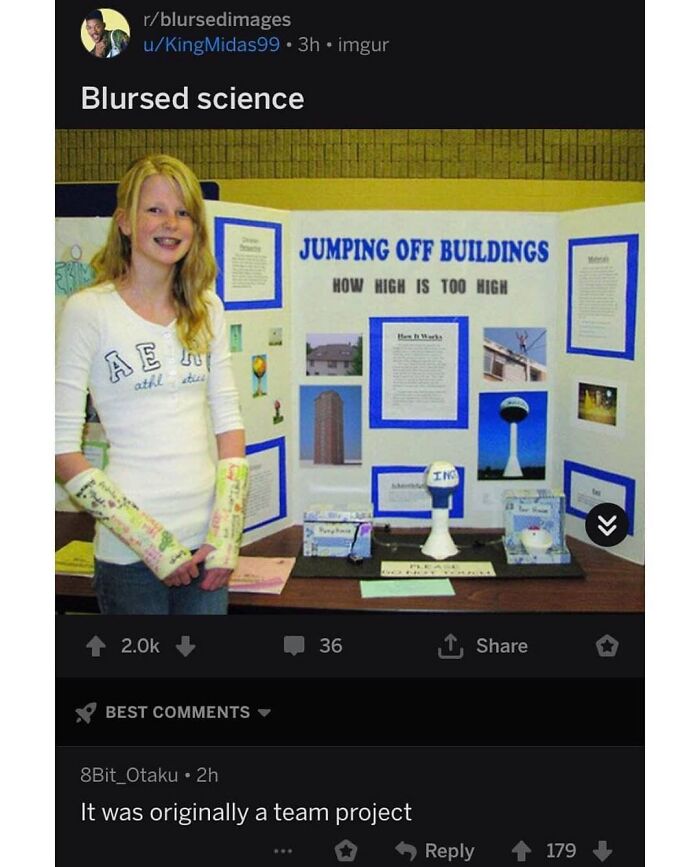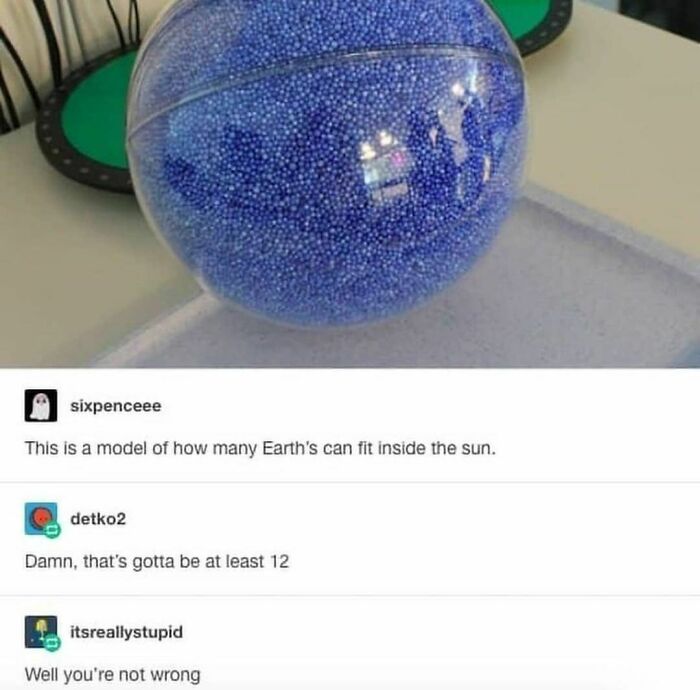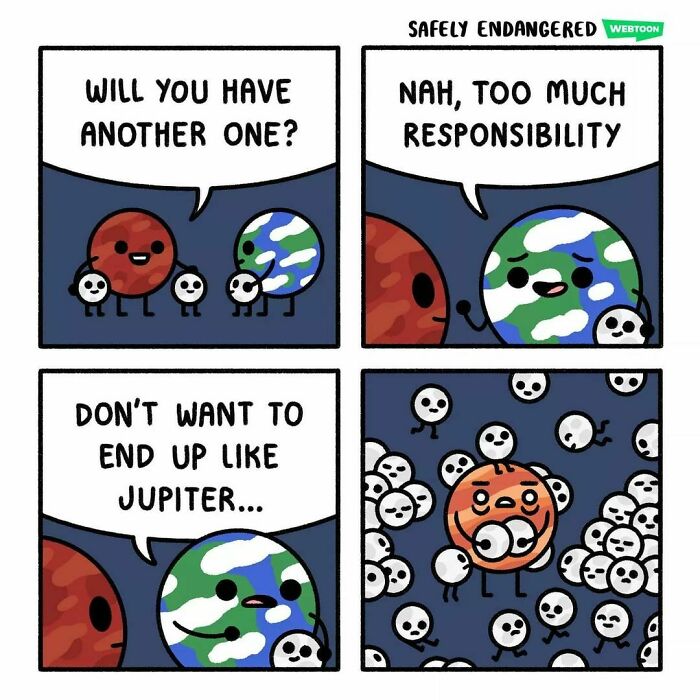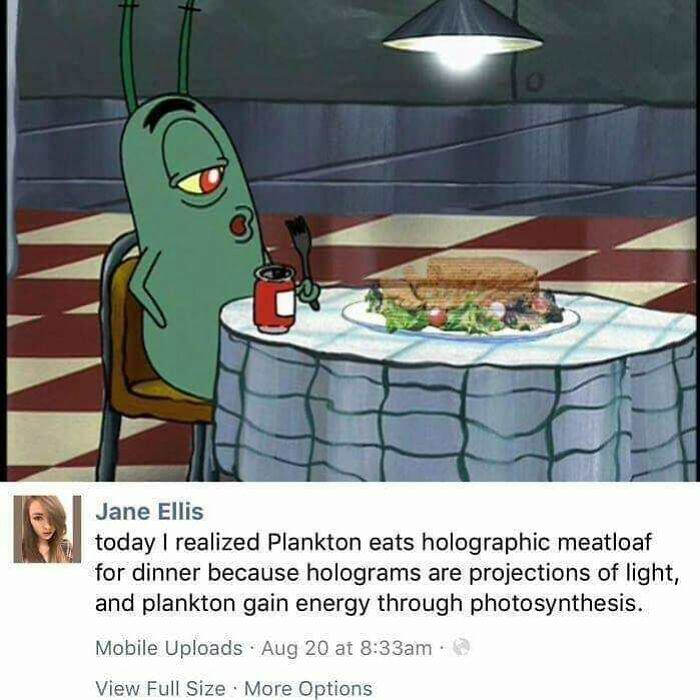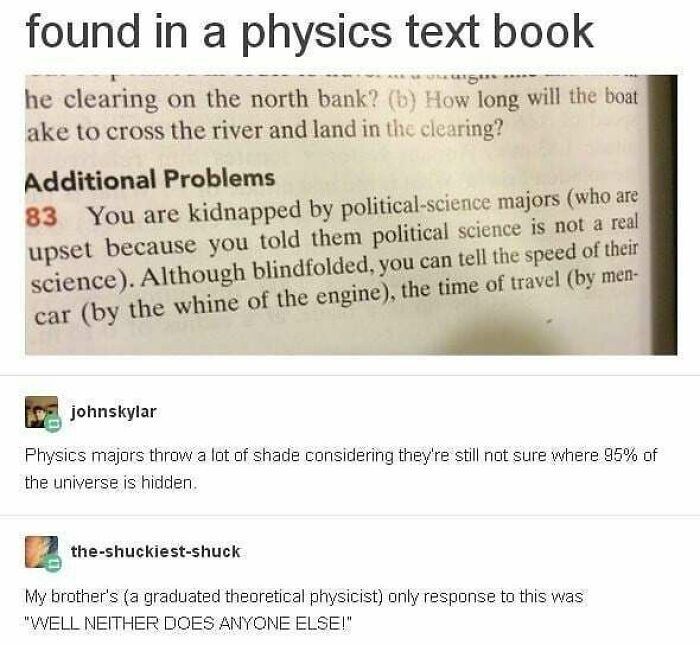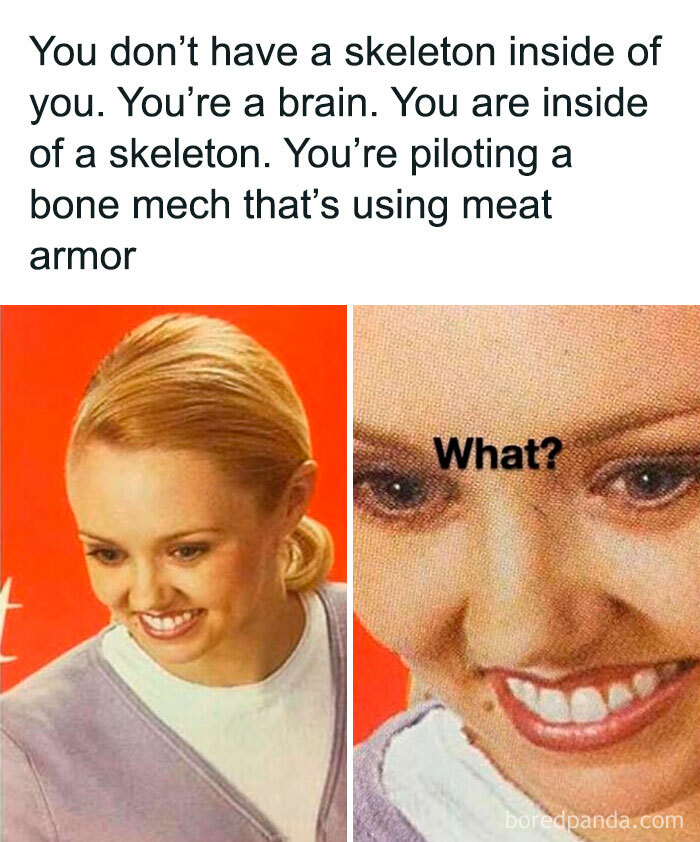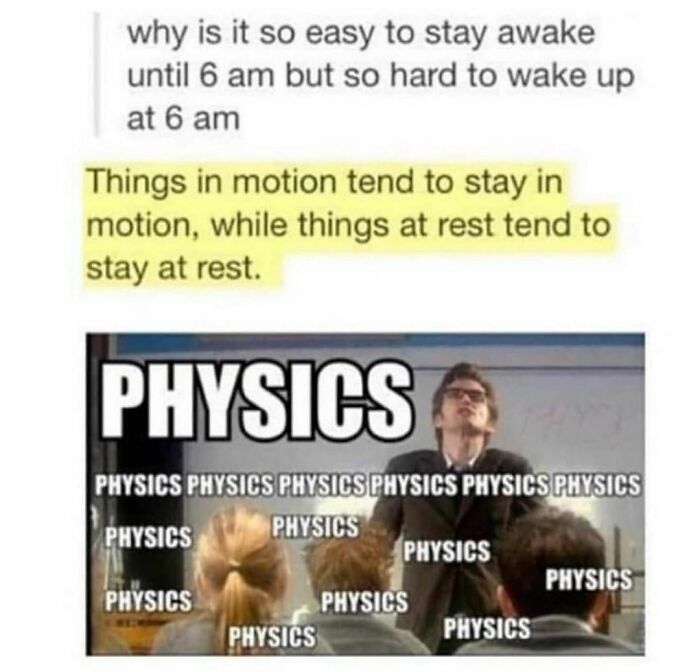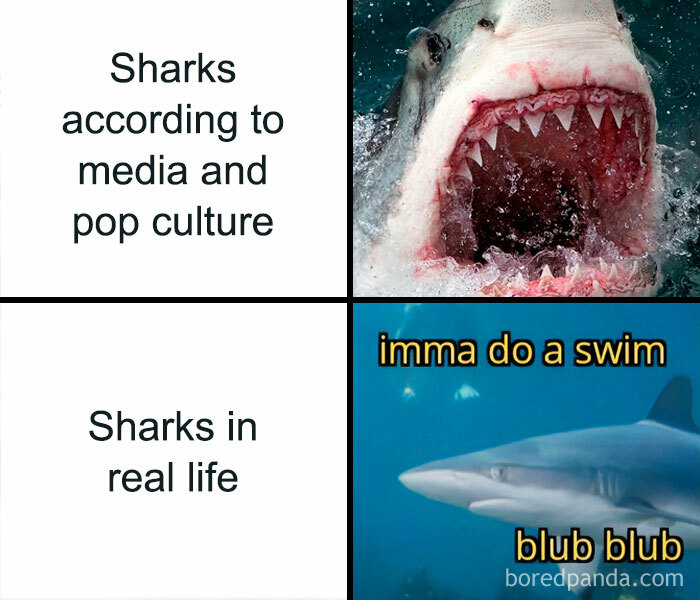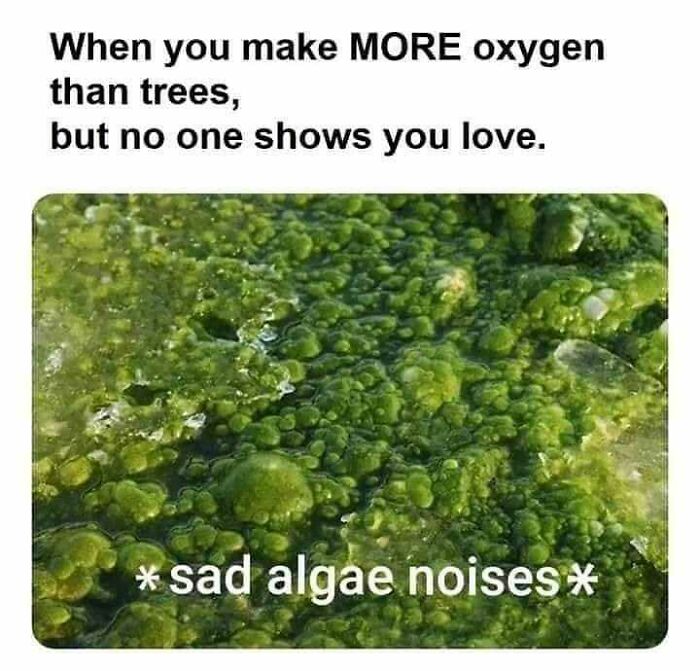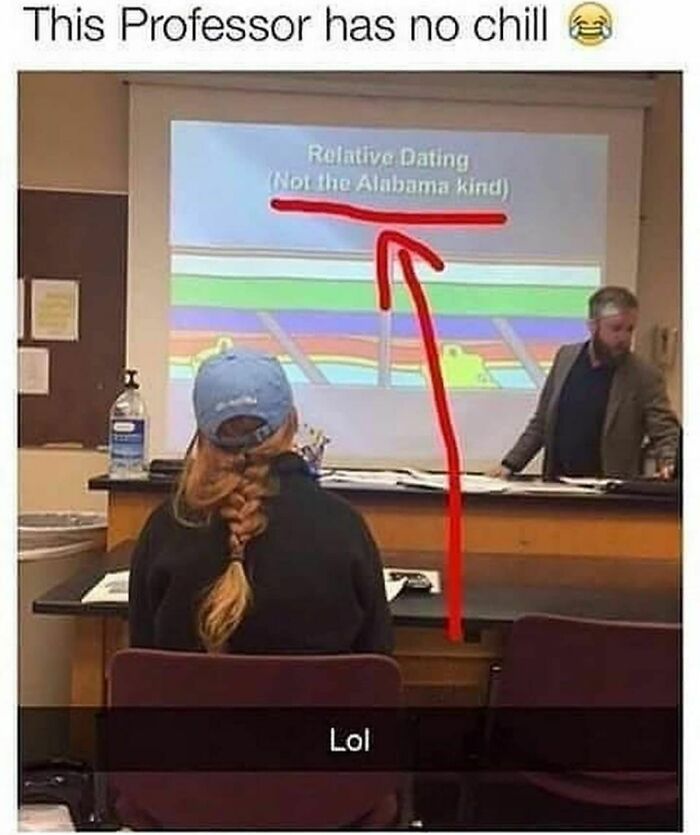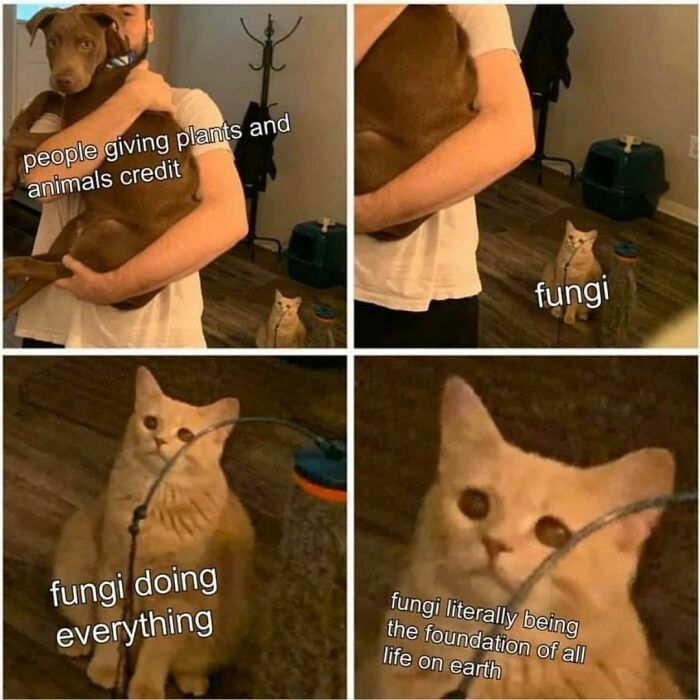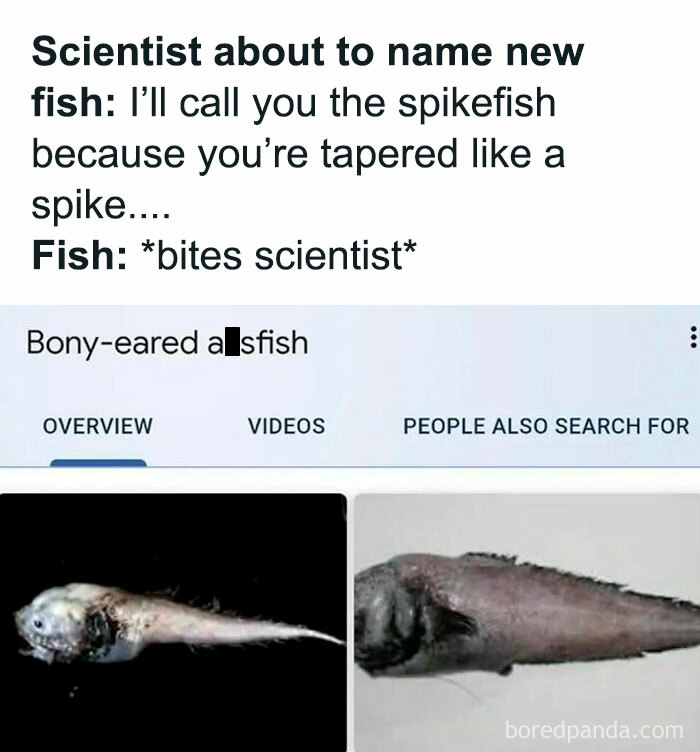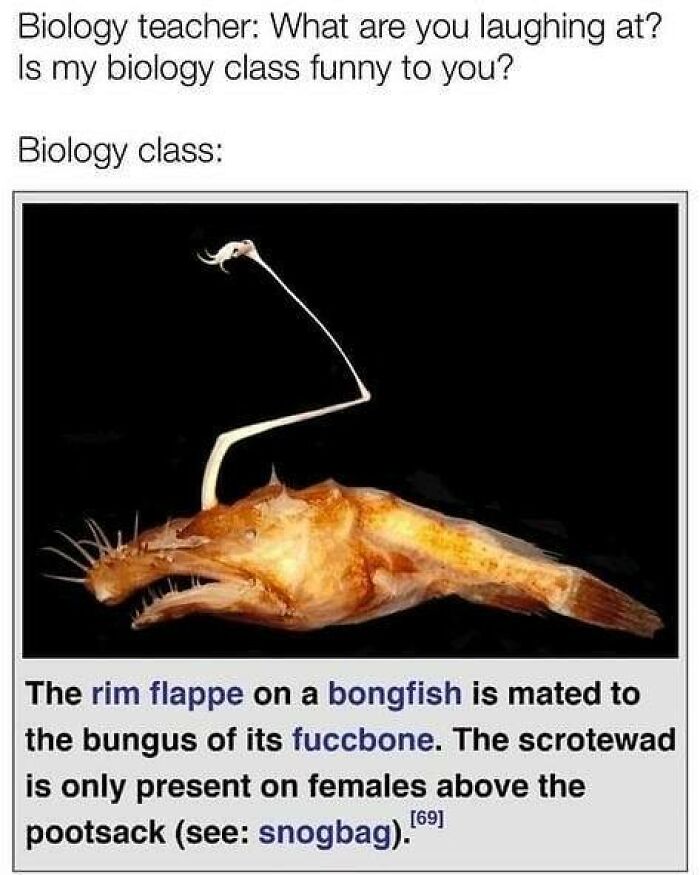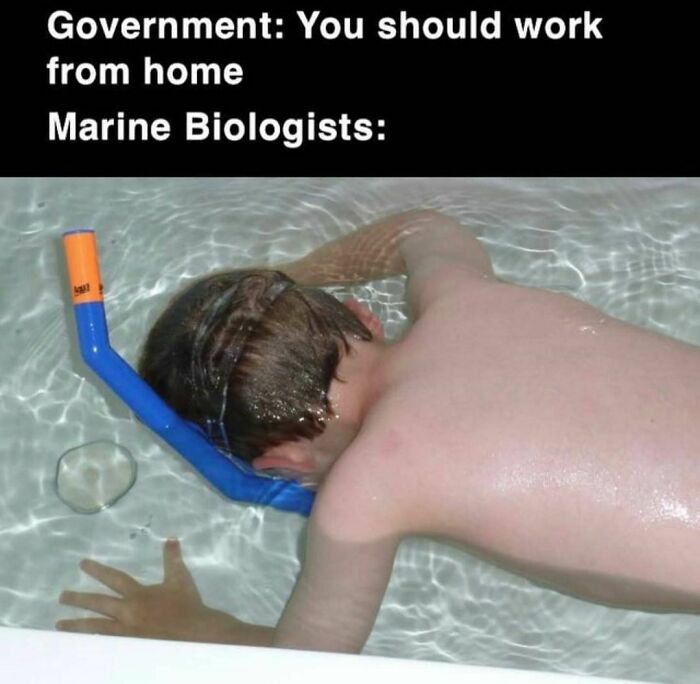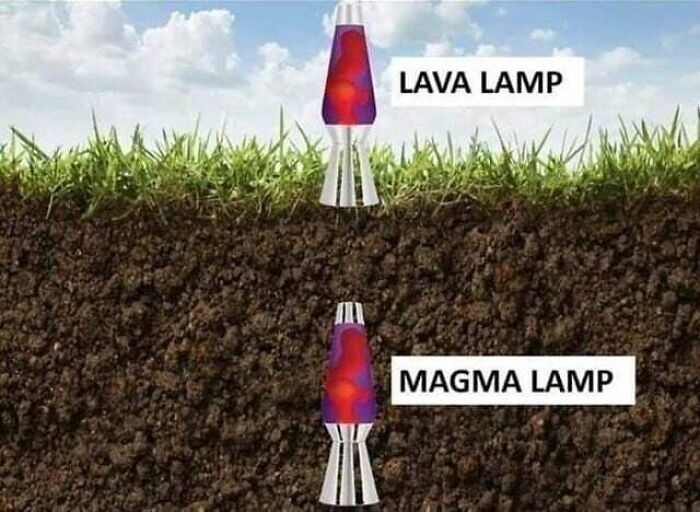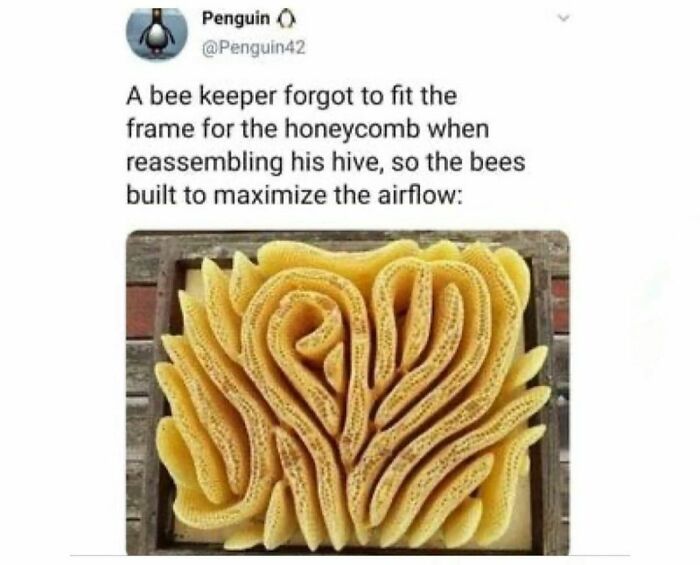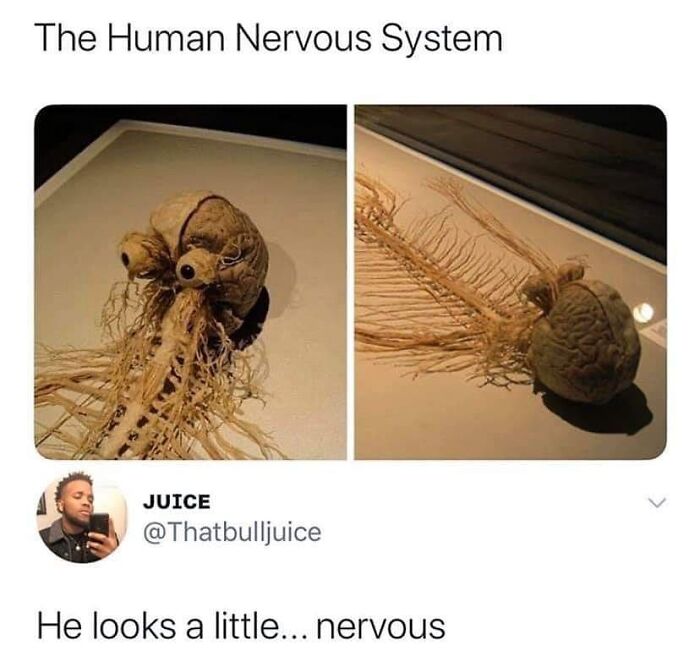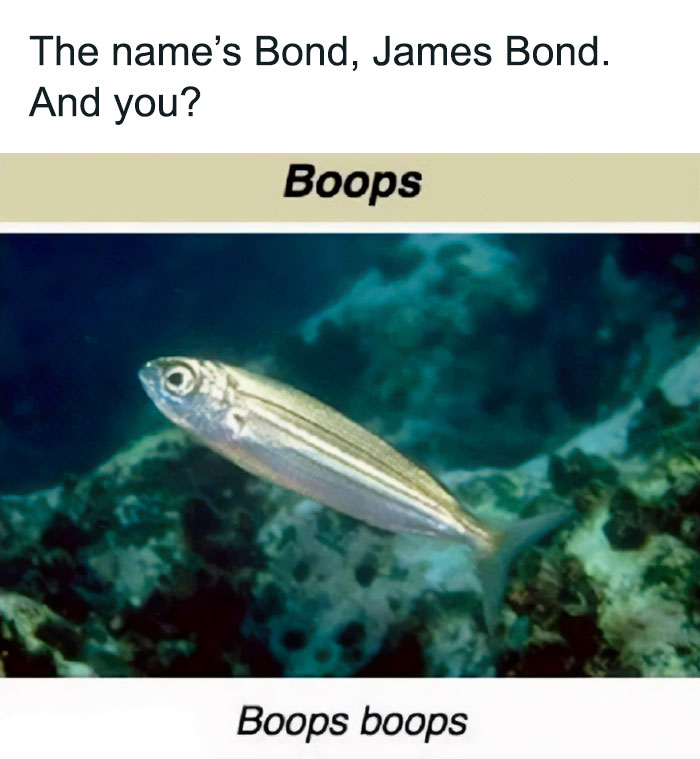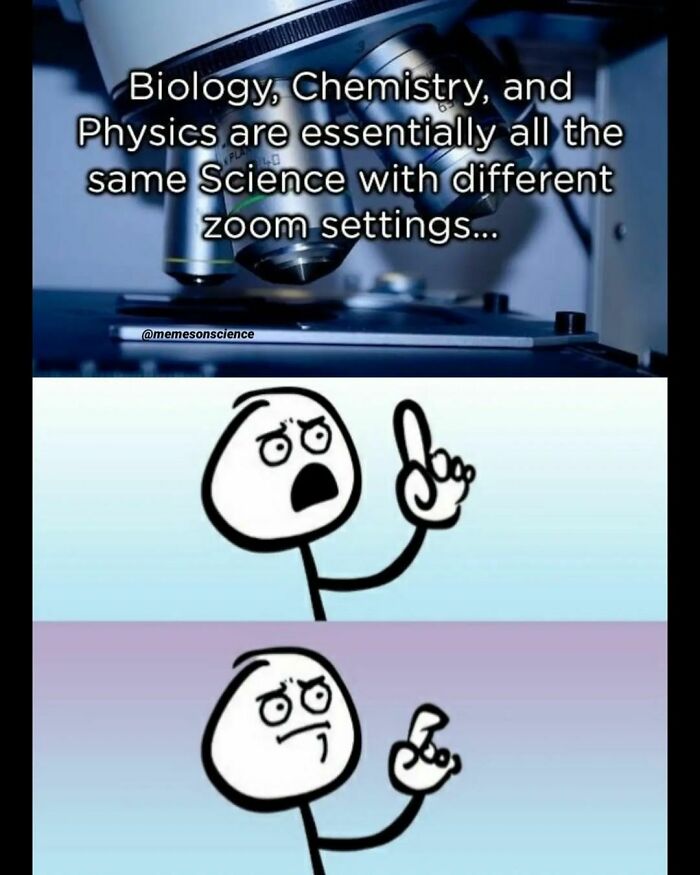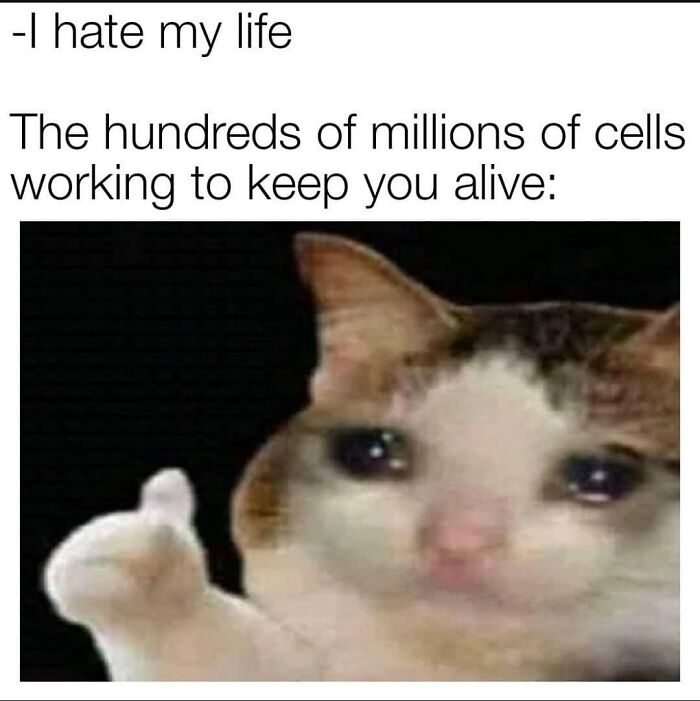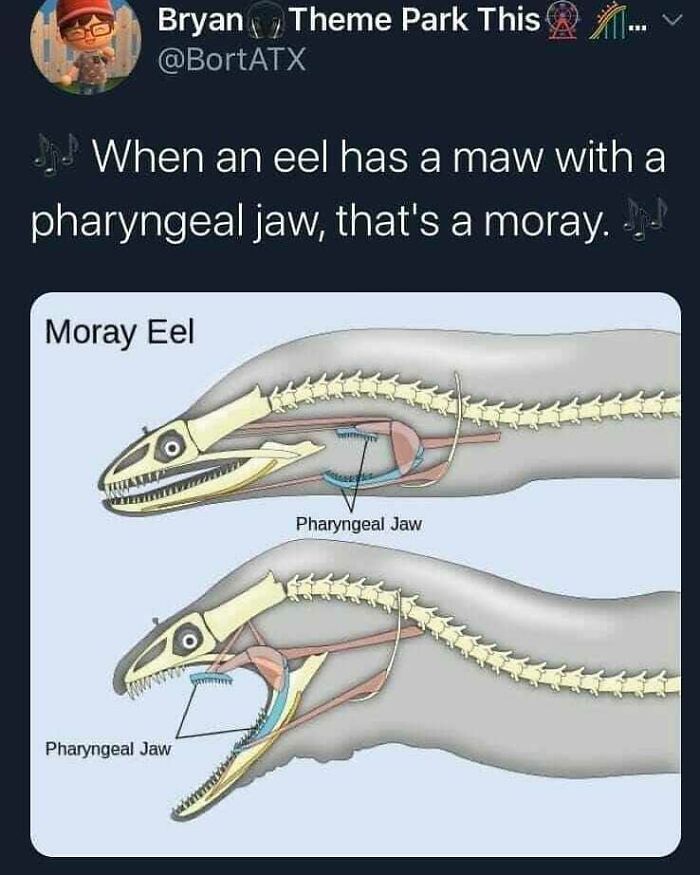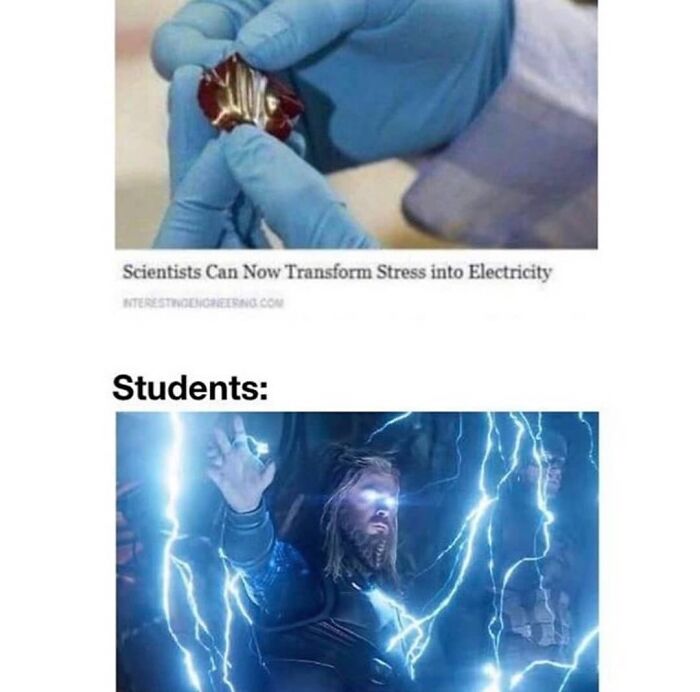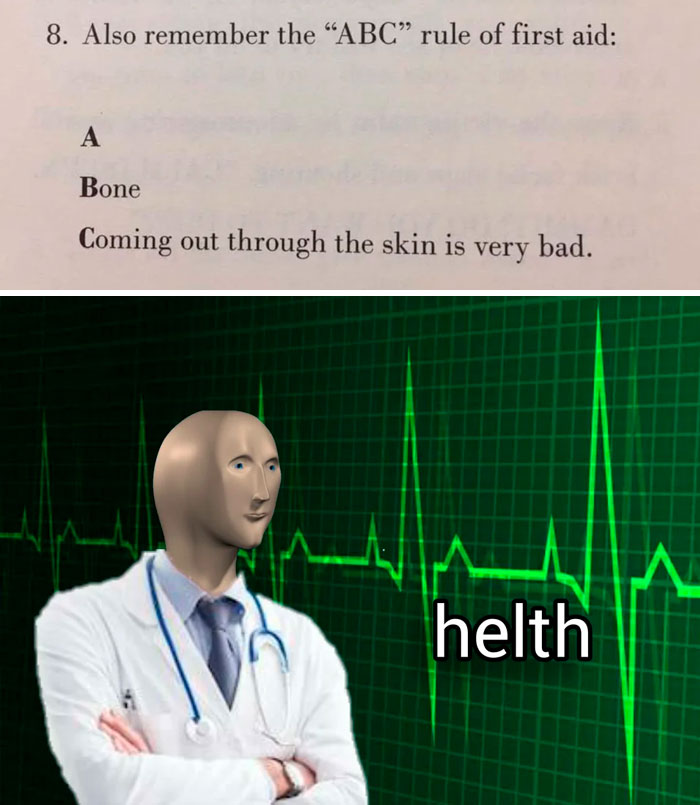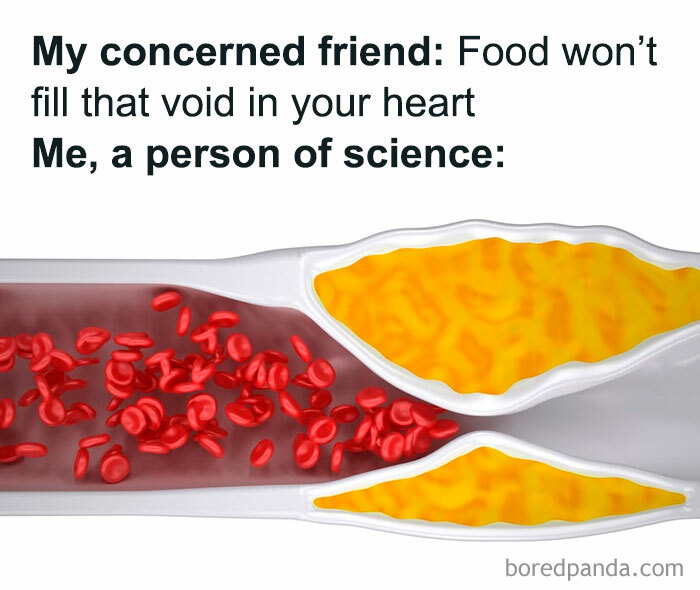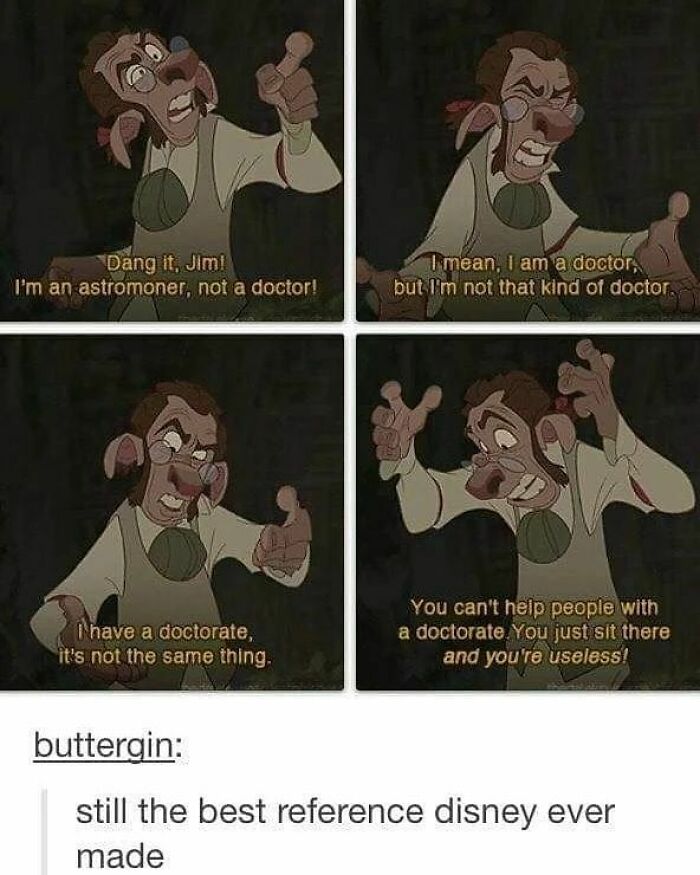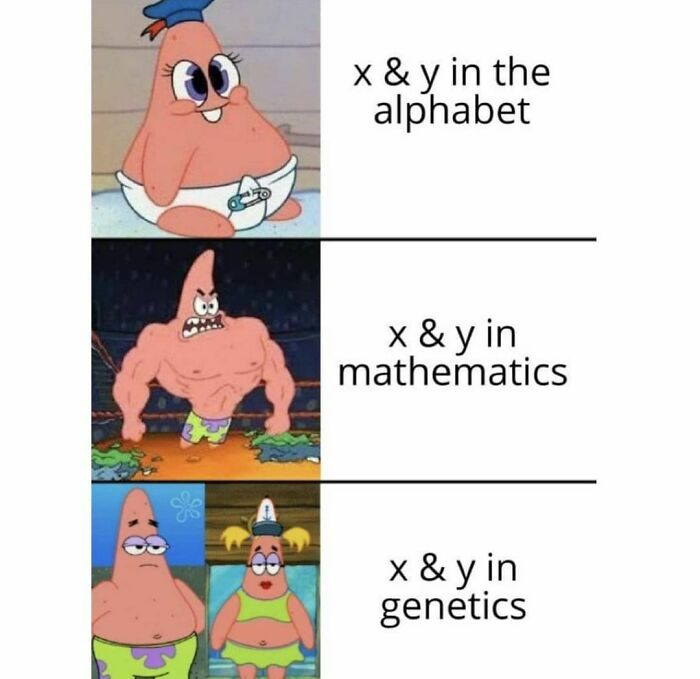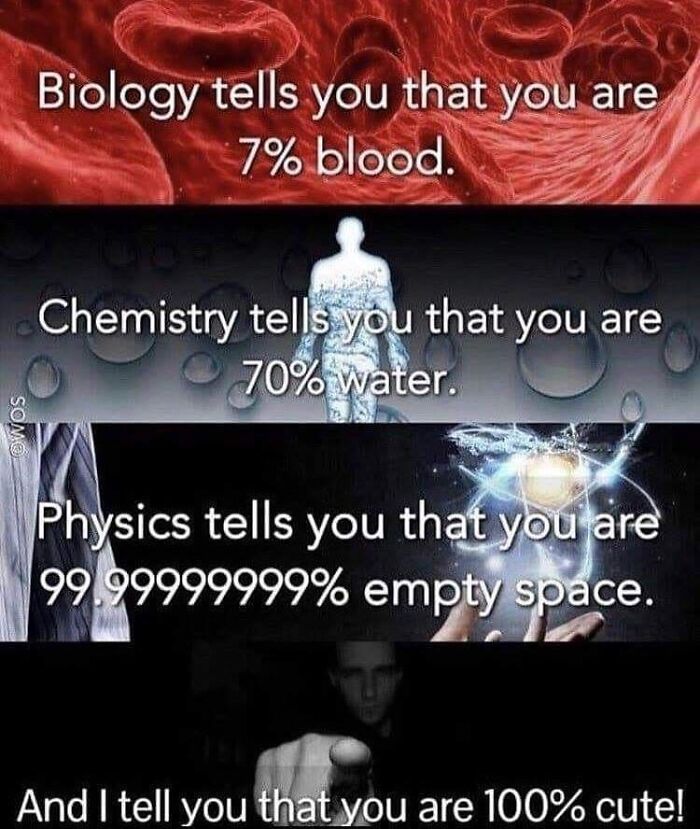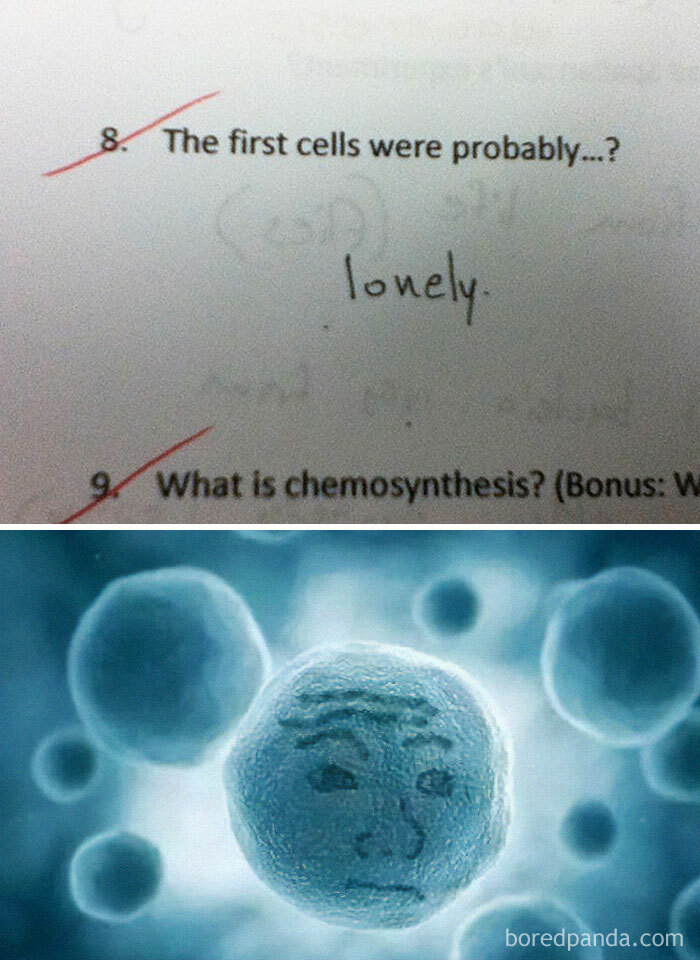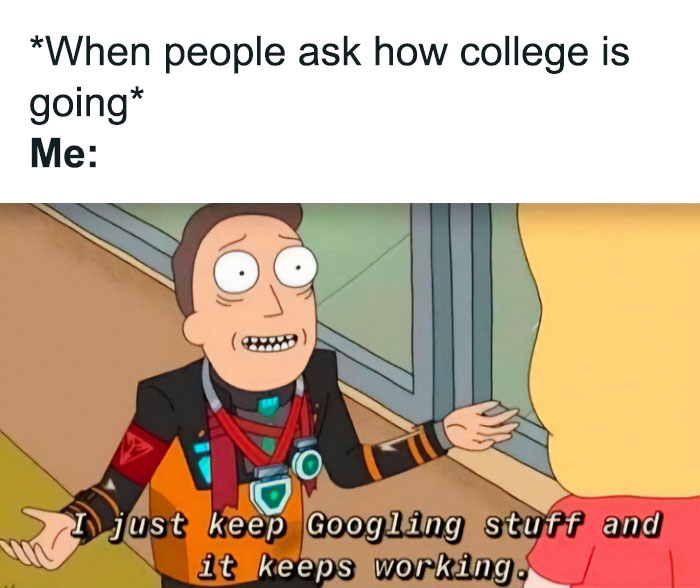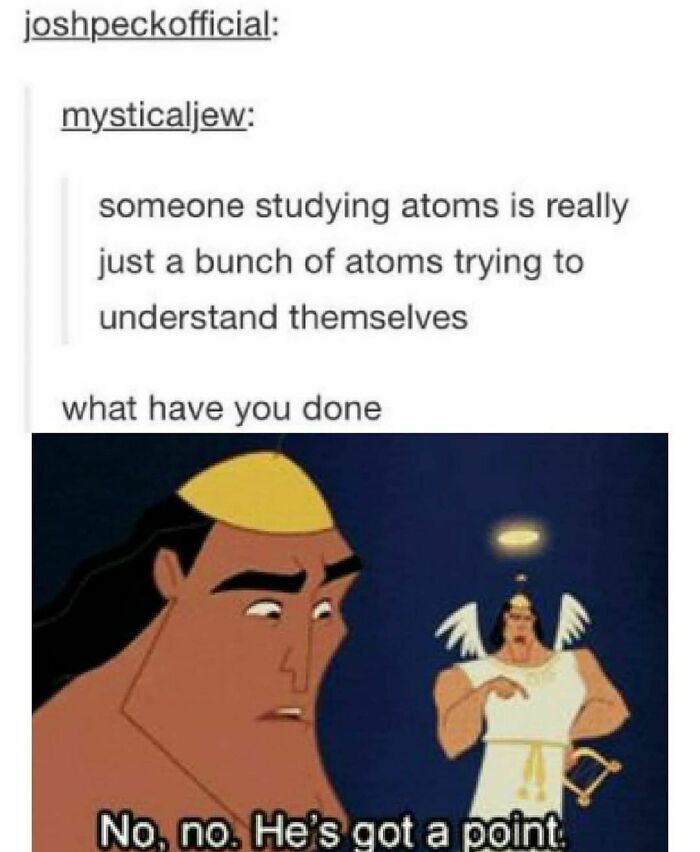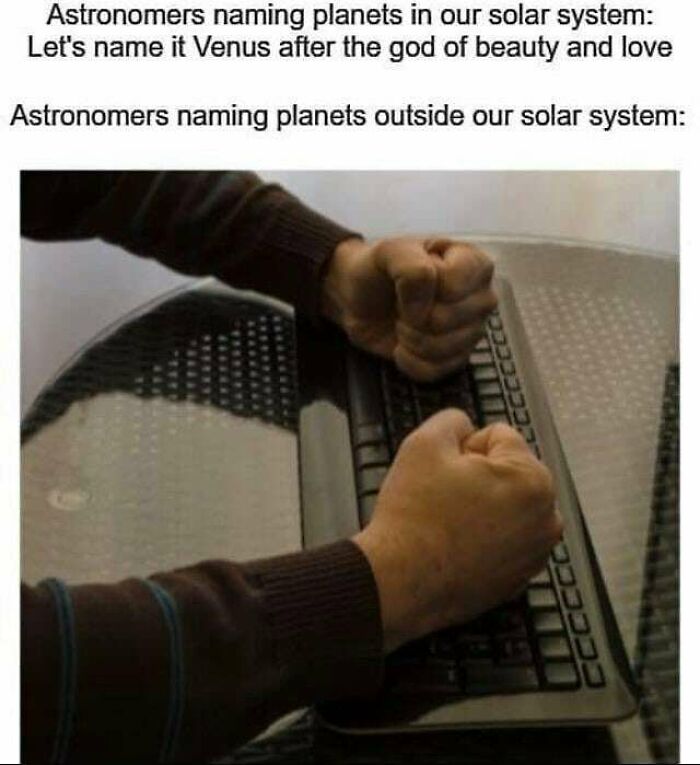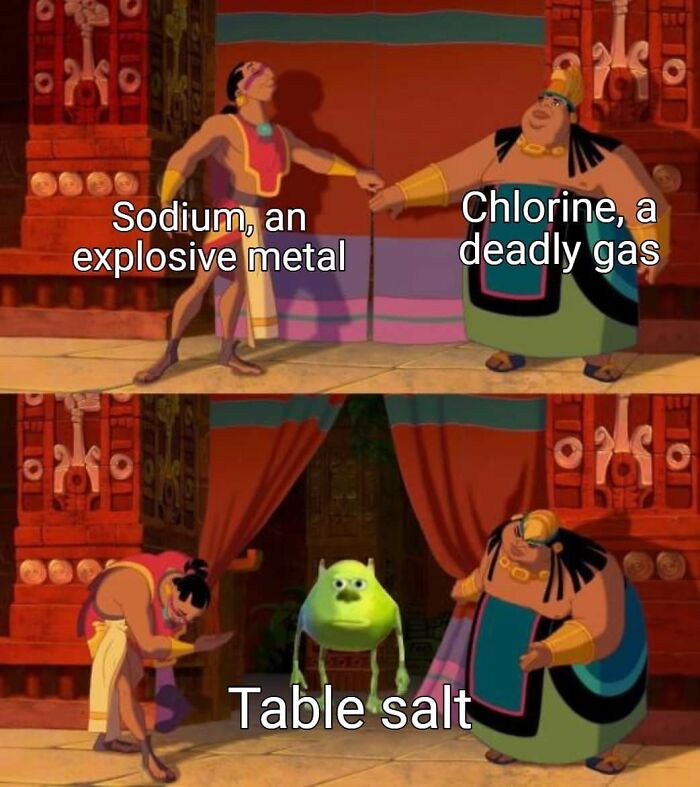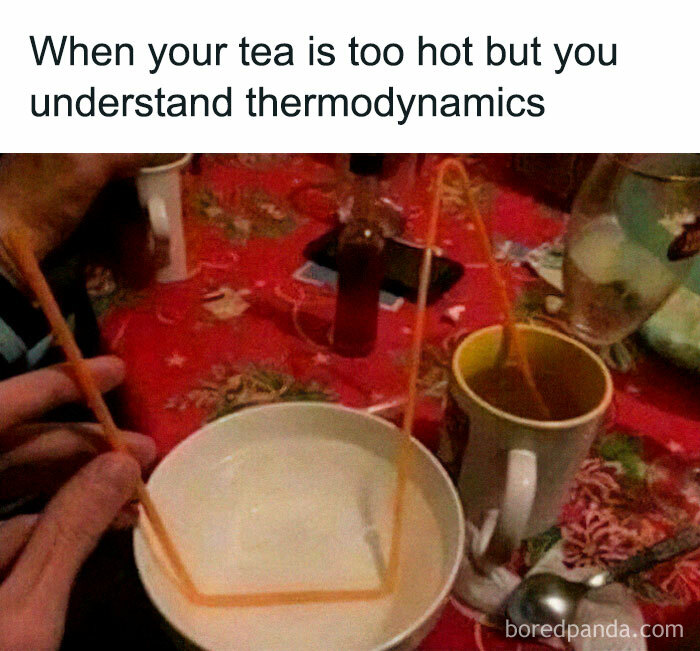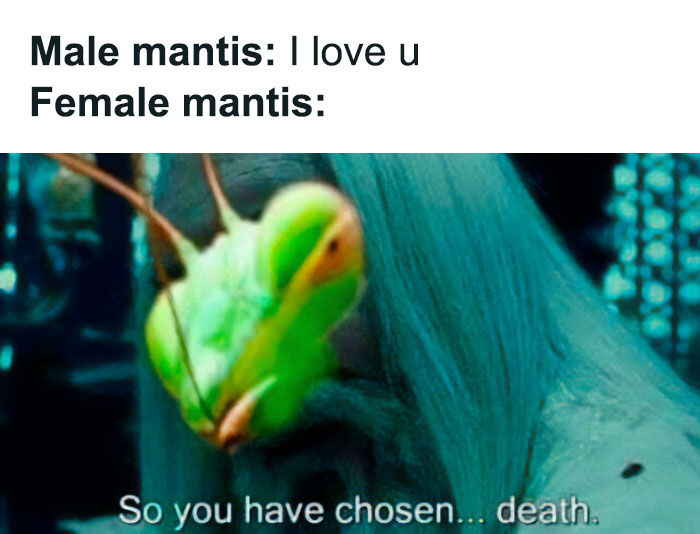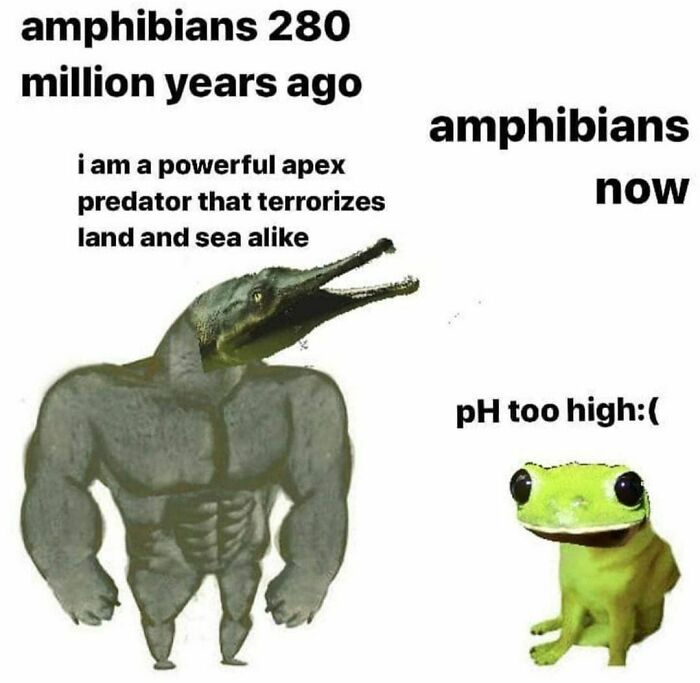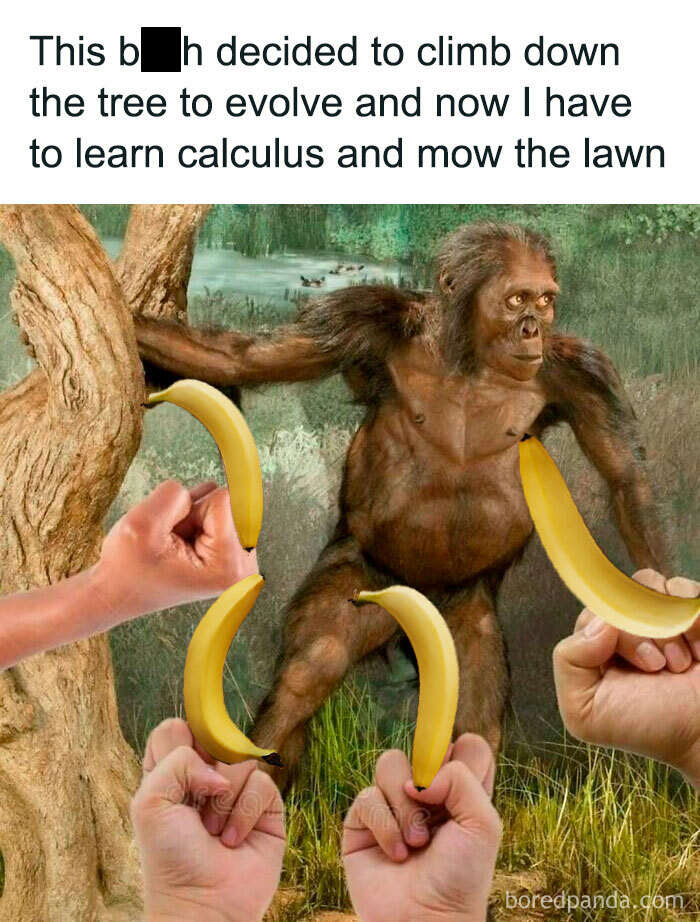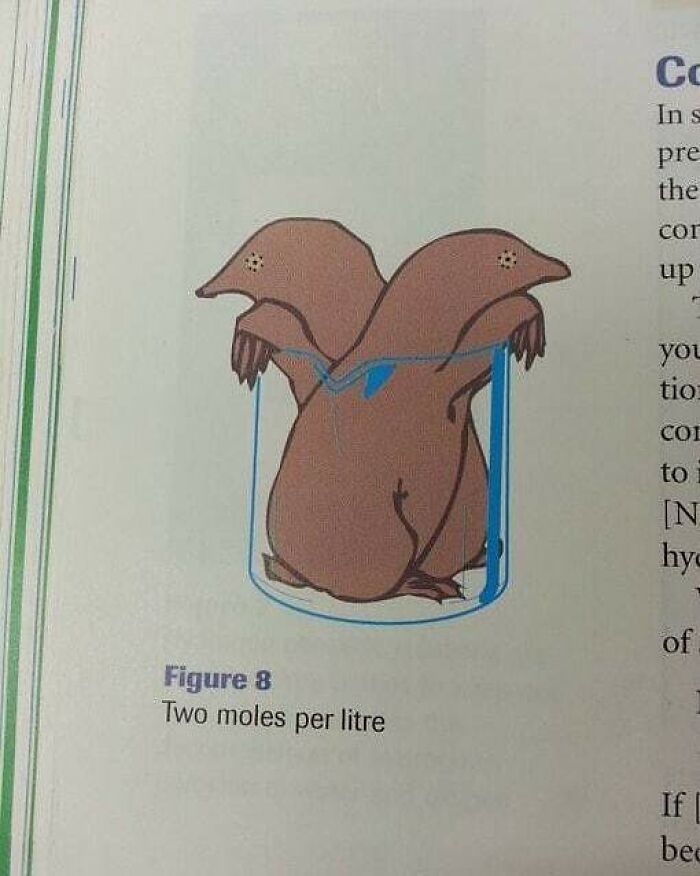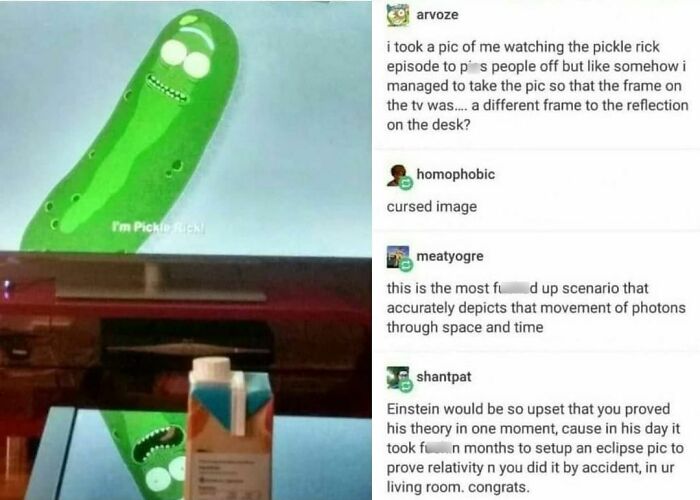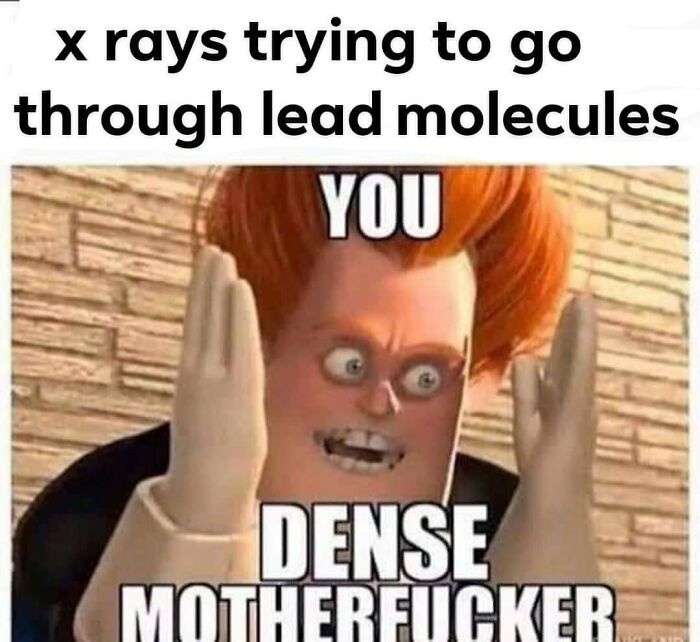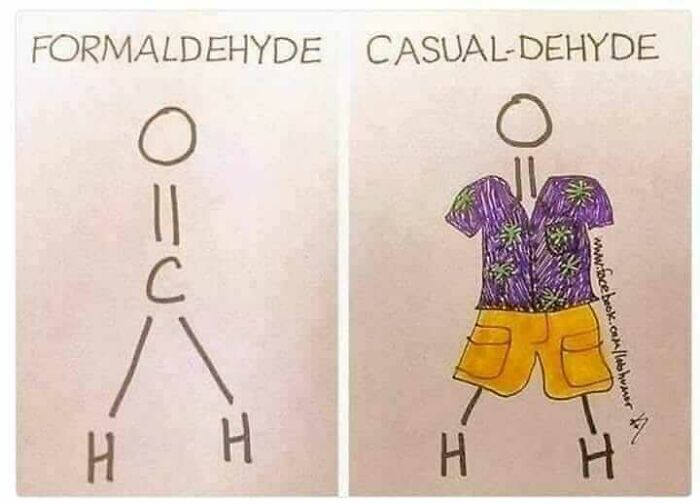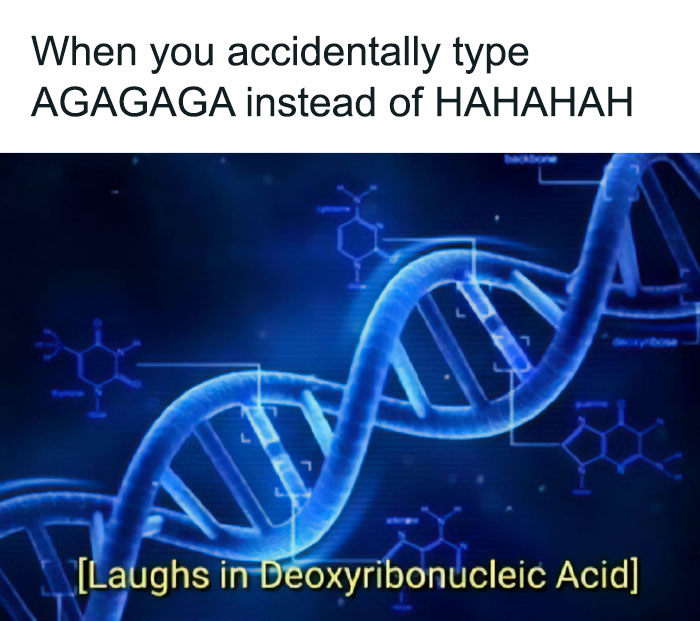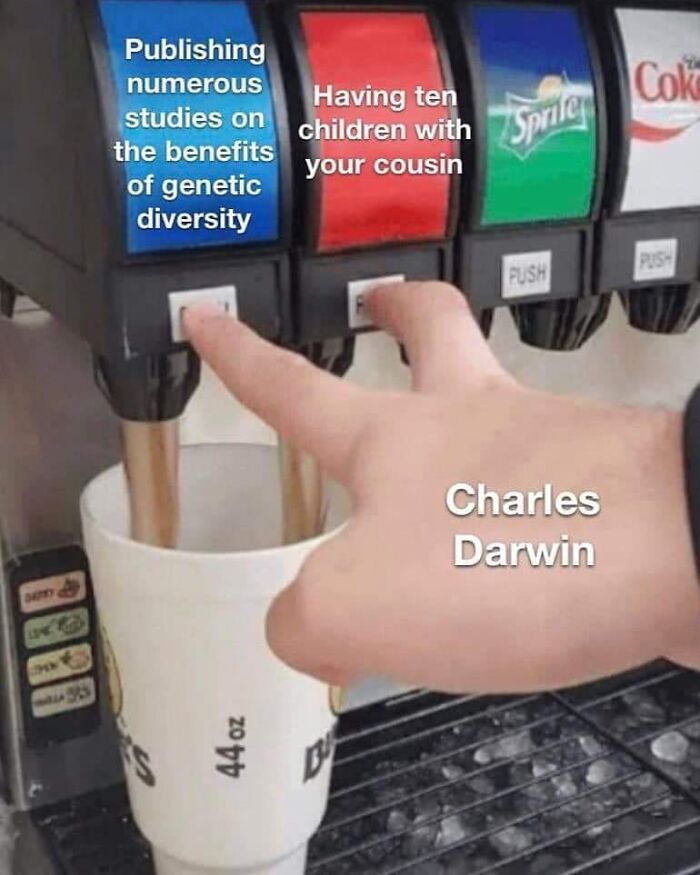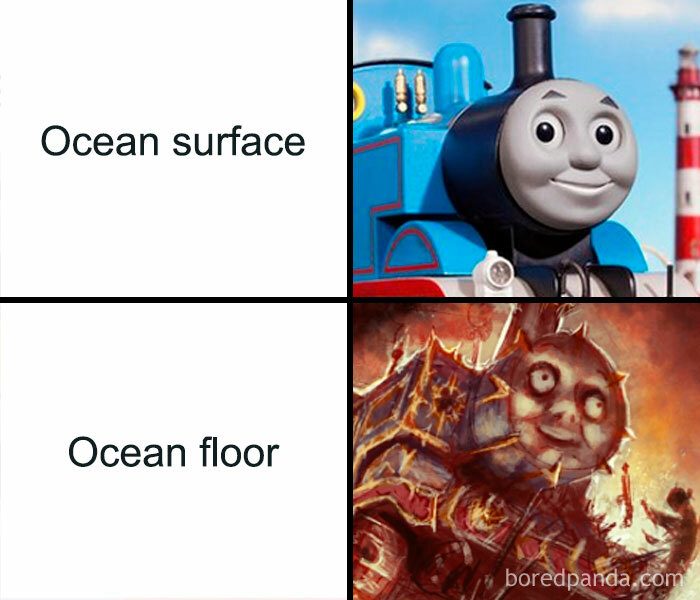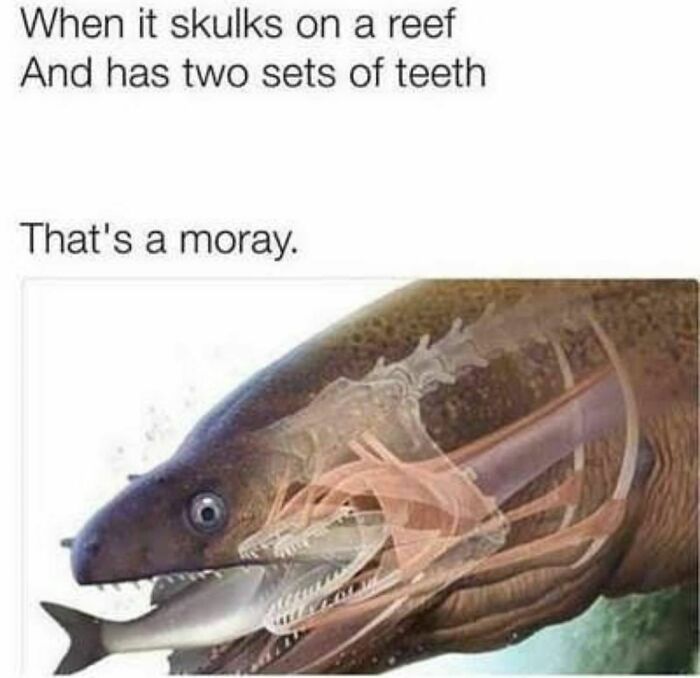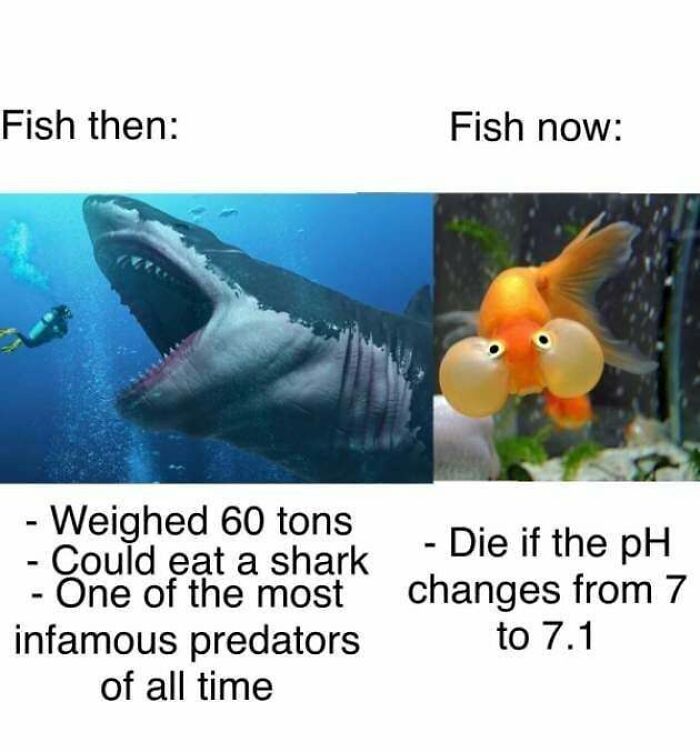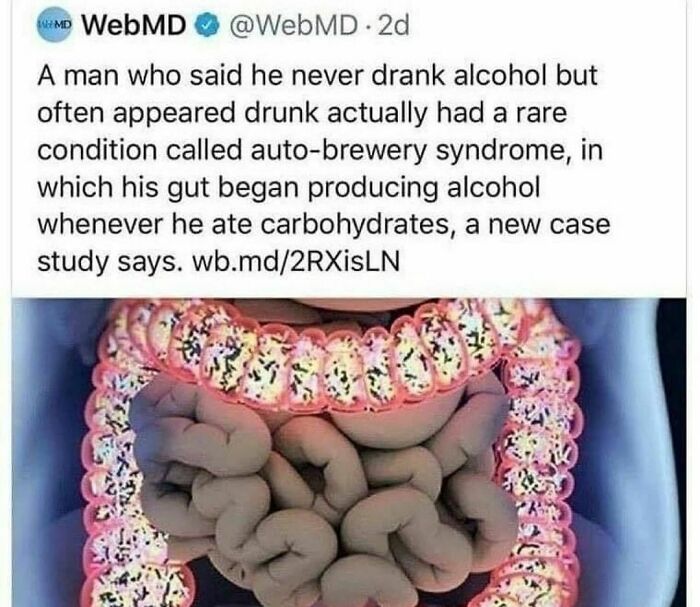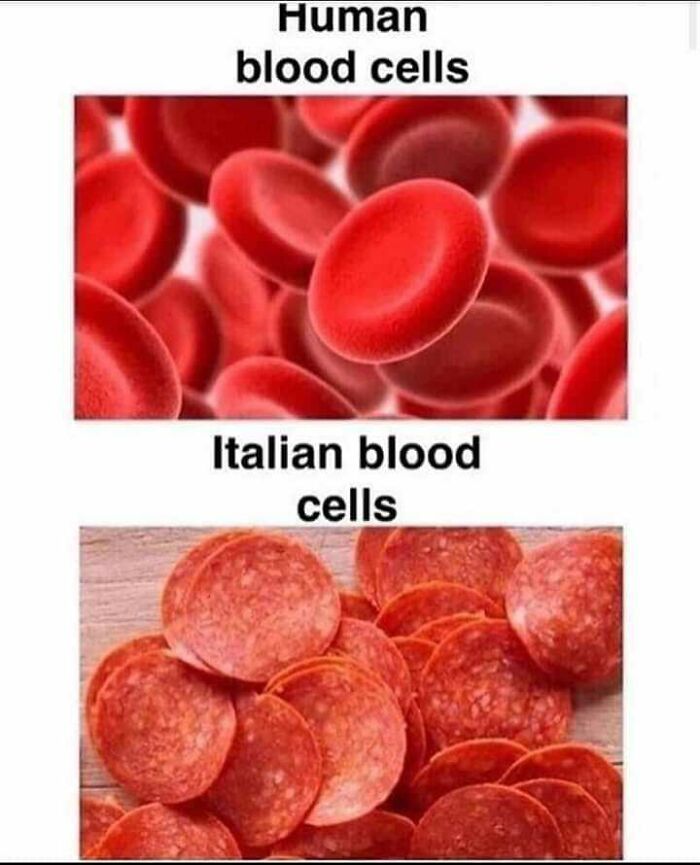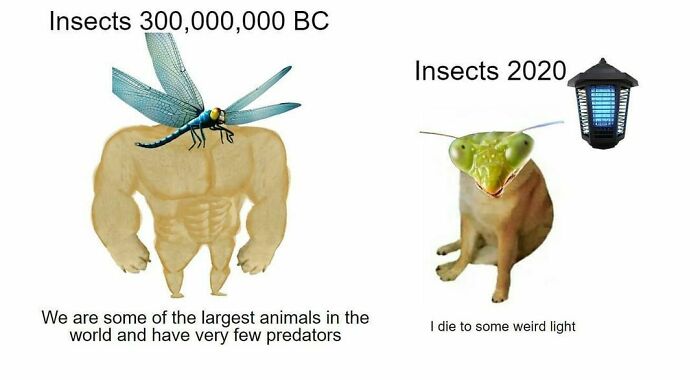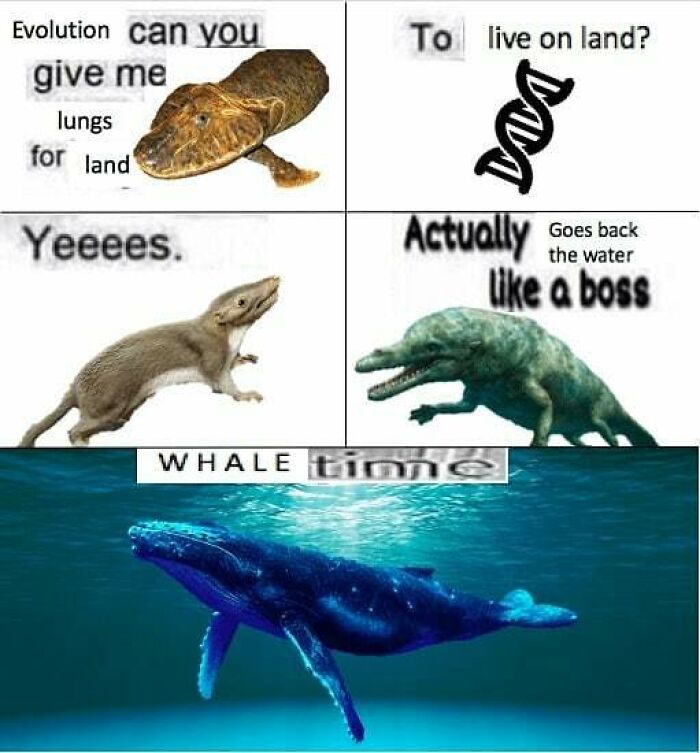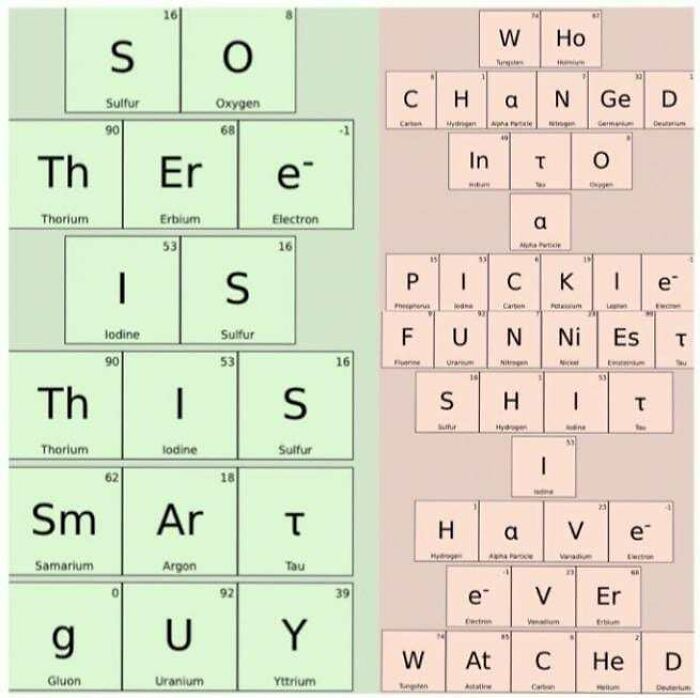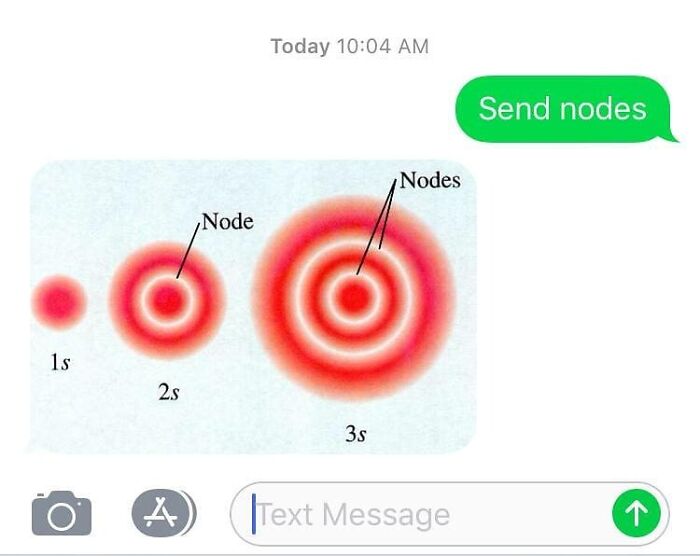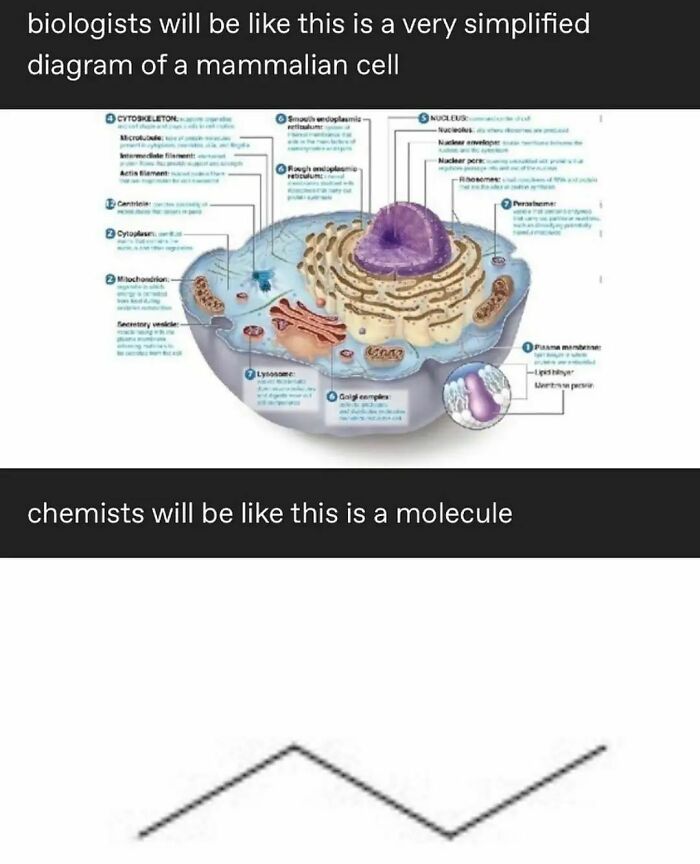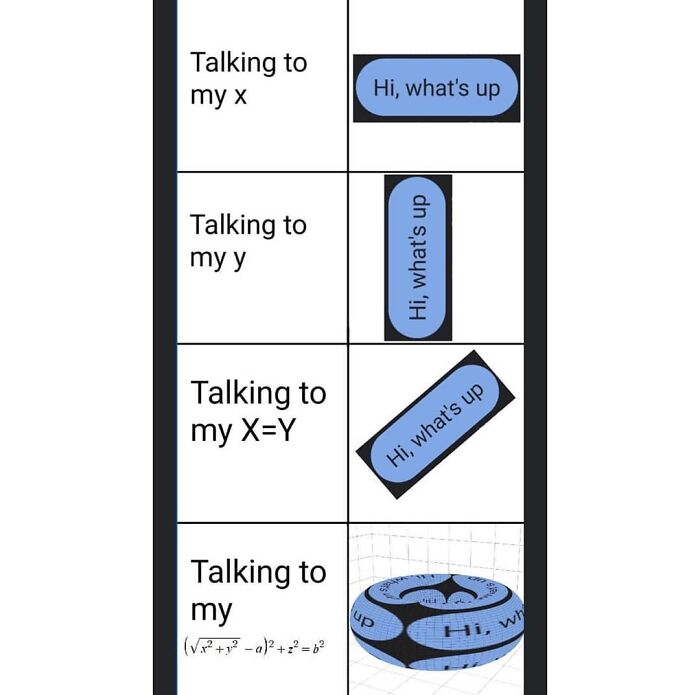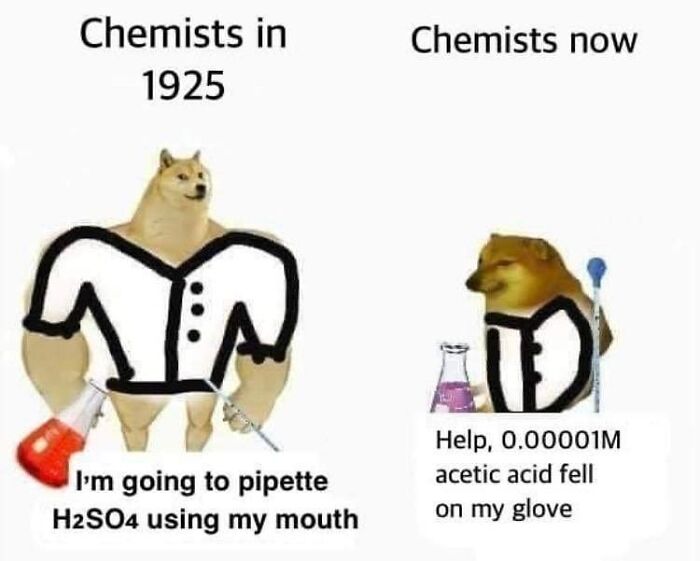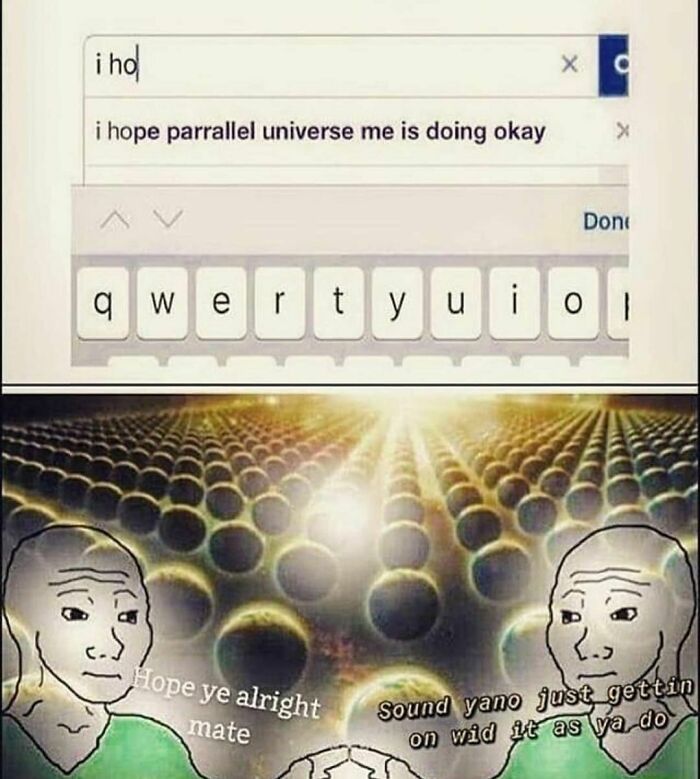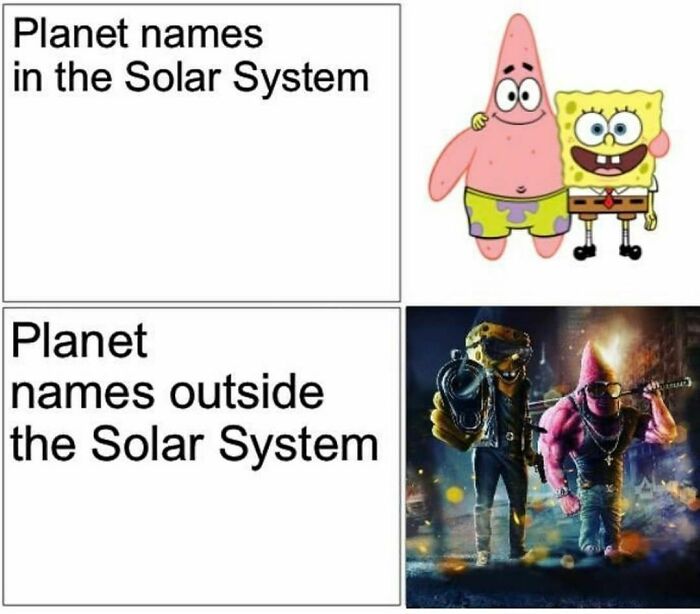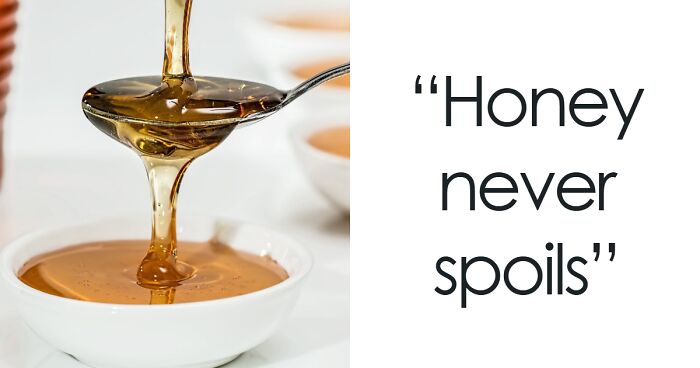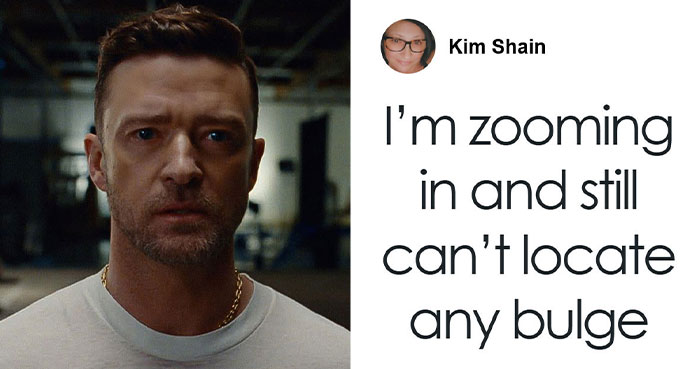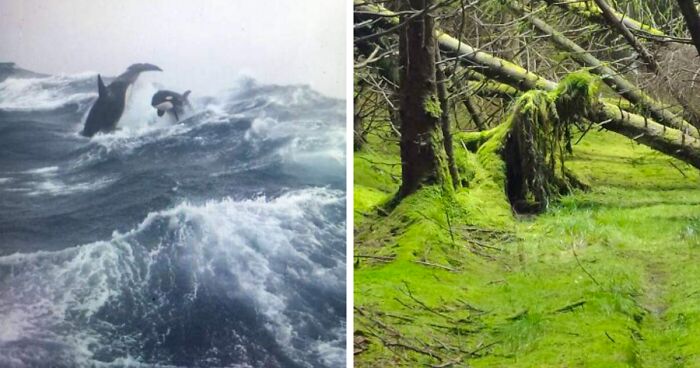Alright pandas, get your gloves, goggles and lab coats on, and start channeling your inner Bill Nye the Science Guy. Because today we’ve got a hilarious list of pics from the Science Memes Instagram account for you!
I hope you all studied hard back in your school days because everything from biology to physics will be covered down below, and these memes will be a whole lot funnier if you actually understand them. Keep reading to also find an interview with David Latchman of Science Bloggers, and be sure to upvote all of the pics that make you feel like a true Einstein. And don’t forget that objects in motion tend to stay in motion. So don’t take too long dissecting any one of them!
More info: Instagram | Facebook | Twitter
This post may include affiliate links.
To gain more insight on the topic of science memes, we reached out to scientist David Latchman, of Science Bloggers, and he was kind enough to have a chat with us. First, we wanted to hear a little bit about David’s background with science. “I was interested in science from an early age. I read science books (for children), and loved watching documentaries on television: I was fascinated by how the world works and why it worked that way,” he told Bored Panda.
“I also had access to my uncle's comic collection and many of the (Marvel) superheroes had some background in science. To me, science didn't just explain the world but could be used for something positive. That is what I loved so much about it. Not only could it explain something about the world but that it could be used in a positive way,” David explained. “I didn't think I was going to fly or walk on walls, but wearing a lab coat was just about the coolest thing my childhood mind could imagine.”
When it comes to why the average person should take an interest in science, David says there are plenty of reasons. “The first is that we should all be life-long learners,” he notes. “Scientists are constantly learning new things and with it our understanding of the world. The second, which is sort of related to the first, is its impact on our lives."
“Many of the issues we face today are science and technology related, which affects the policy decisions we vote on or the decisions our elected officials must make,” he goes on to explain. “The consequences of getting it wrong don't necessarily apply to climate change - it can also apply to the equitable distribution of resources. If someone does not understand how science plays a part in those issues, they can't advocate for themselves (and others) through the voting process.”
David also shared some of his favorite fascinating science facts with us. “Birds can see magnetic fields. They make use of a protein, cryptochrome, that can be found in both animals and plants,” he told Bored Panda. “This protein, which is sensitive to blue light, has a variety of functions, one of which is regulating circadian clocks. (It is one of the reasons why you should avoid blue light at night. This molecule is somewhat attractive for magnetoreception (or the ability to detect magnetic fields). As there is lots of blue light during the day, they can use the molecule to sense magnetic fields and navigate during the day as they migrate to far off lands. It is fascinating how both plants and animals have found use for this molecule.”
“There are more than three states of matter,” David went on to share. “Most of us know (from our science classes) that matter comes in three forms: solids, liquids, and gasses. If you studied physics, you may have come across another state of matter known as plasma - a hot ionized gas found in fluorescent lights and neon signs. Beyond these more well known states of matter, scientists have discovered a myriad of states that exist under special conditions: Some of these exist at ultra-cold temperatures like the Bose_Einstein condensate, while others exist at very high temperatures like the quark–gluon plasma where matter itself breaks down.”
And while memes are obviously no substitute for a true science class, David says that they can help people become more interested in the field. “Memes typically focus on one science fact or quote that many people may not know in one image. They say a picture is worth one thousand words, but we all know that a one-thousand word article that is factually wrong promotes misinformation or is misinterpreted does a disservice to the reader,” David notes.
But it's still important to fact check anything you read on the internet. “Generally, I think most science meme creators are pretty knowledgeable in the field, but the message they think they are trying to convey may not be the one the viewer gets,” David adds. “In that case, science memes can be a bad thing. But just as in writing (or any form of science communication) the creator must take care in crafting the message, and in that case, it can help people understand science better.”
If you’d like to further expand your scientific knowledge and learn from some experts, be sure to check out the Science Bloggers articles on Medium right here.
I’ll be honest with you, pandas. When I was in school, science was always my least favorite subject. I just could not wrap my mind around many of the concepts, and I had a hard time understanding why I needed to know that E=mc2 and that the mitochondria is the powerhouse of the cell. Honestly, I’m still not sure why I need to know those things. But I will say that as I have gotten older, I have come to appreciate all of the brilliant scientists of the world who are out there making sure we understand as much as we can about ourselves, our world and the concepts that keep us alive. I must admit, it’s pretty amazing that we know that the Sun is 93 million miles away from the Earth.
If you’re interested in the memes on this list, chances are you’re a bit of a science nerd yourself. But if you’re not quite convinced that we should all be interested in science, allow me to share a few of the reasons why science is so important, pulled from this article on Enlightio. First of all, without science, we would understand just about nothing in the world around us. But thanks to scientists who have taken the time and effort to study our world and our bodies, we can appreciate the complexity of ourselves, other animals, our planet, our solar system and much more. “Science helps us see the world around us in a new and exciting way,” the editors at Enlightio write. “Through careful observation and analysis, science enables us to discover the hidden wonders of our universe.”
Science can also be used to solve countless problems. The scientific method is extremely useful in getting to the bottom of many issues and working to find a solution. “For example, if a farmer finds that his crops aren’t growing well, he can use the scientific method to identify the problem,” the Enlightio editors explain. “He might ask questions about the soil, the weather, and the type of seed he’s using. Then he can test different hypotheses to see which one is true. This process of problem-solving is important in making discoveries.”
“Science can also be used to make predictions. When we understand how the world works, we can make educated guesses about what’ll happen next,” they go on to write. “For example, scientists can study past patterns of climate change to predict how the climate will change in the future. This information can help people make decisions about how to prepare for future changes.”
so that means there's no reason we should be scared of them lol. They're pretty much harmless so there's ALSO no reason to catch them and cut off their fins and put them back in the ocean to make shark fin soup for the stupid rich people
We show our love by emitting more CO2 than algae can ever hope to eat up.
Isn't (Prehistoric)Algae partly responsible for oil deposits ?
It's responsible for us having oxygen, and thus kick-starting the whole concept of life as we know it.
Load More Replies...Hey! You've been included in some sci-fi movies, Martian comes to mind. If you want more love algae try being less gross
Maybe from algae's perspective it is we who are gross, ever think of that?
Load More Replies...Oxygen not included, game by Klei. Algae farms. Recognition is there, just not as forthcoming...
If you’ve never been naturally drawn to science yourself, you might be wondering how anyone in the world could possibly want to dedicate their life to this field. But as it turns out, many scientists are quite passionate about what they do and don’t take their career paths lightly. According to a study from the Pew Research Center, when it comes to why working PhD scientists were inspired to pursue their specific fields, 32% of them reported being influenced by the “intellectual challenge”, a “lifelong curiosity”, and/or a “love of science or nature”. 27% of these scientists were inspired by mentors, professors or teachers, and 17% said they were inspired by labs, fieldwork, internships and science fairs. 12% received family encouragement, 9% were inspired by a childhood experience of natural world or science museums, and 8% became scientists to contribute to society.
One passionate, 50-year-old microbiologist told Pew Research that she’s had a passion for science for as long as she can remember, from about age 4. “My second grade teacher was a big influence on building that passion,” she shared. “She was an amateur naturalist and taught us a lot about ecology and the natural world. In high school, I discovered my passion for molecular biology. I remember learning of the [Meseleson-Stahl] experiment in my AP Biology class, and I remember thinking, ‘Yes, this is exactly the kind of thing I want to understand.’”
And as with almost anything else, there is room for humor and comedy in science as well. Your high school biology teacher might not have been cracking too many jokes, but that doesn’t mean we can’t today! According to Courtney Adams at Lifeology, “Science memes can do much more than make someone laugh; they can help engage people in learning—in a fun way! More specifically, humor can be a useful tool for science communication. Humor can trigger someone’s initial interest in a subject and encourage further engagement. It can also raise awareness or encourage a positive perception of a topic.”
Is this list making you miss your old days back in the chemistry lab, pandas? Or maybe you were more partial to biology and getting to dissect frogs? Regardless of which field of science was your personal favorite, we hope you’re enjoying these hilarious scientific memes. Keep upvoting the ones that teach you something new, or that your fellow science nerds would appreciate, and then if you’re interested in checking out even more memes that Bill Nye would appreciate, you can find another Bored Panda article featuring science memes right here!
Lol Art history Professor, "why did you choose this painting to do the presentation on?" Me, "It met the requirements of the paintings I could choose from"
My brother worked as an emergency admitting clerk at an early part of his adult life - he was at work when this huge man came in, came right up and said, sort of timidly, "Um, I have a really bad headache." My brother told him to take a number, take a seat, and he would be called. As the man turned away, my brother saw a hatchet embedded in his skull, and all hell broke loose, medicals running, gurneys sliding, all sorts of stuff. When it was done, the guy was fine. The hatchet went in between the lobes, didn't hardly touch the brain. The police were called because this was very obviously not self-inflicted. This tiny, little woman comes in and wants to know where her man is. As it is being explained to her what was going on, a cop comes out with the hatchet in an evidence bag, she sees it, and she yells, "Hey! That's mine! I couldn't find it." Later, the man refused to file charges.
once in middle school we were learning about velocity or something so we were literally rolling marbles off ramps in cardboard boxes so they wouldn't go off the table and we had to wear goggles because we were doing an experiment
I know it’s a long time ago but I don’t remember anything from our physics lessons. Chemistry - I can only remember the magnesium wizzing round in circles in a bowl of water. Biology - remember a little bit more particularly the dissection of a cows eye (why did the butcher have to leave the eyelashes on!) and the fact that no matter what decade it is boys will never tire of drawing anatomically incorrect doodles in textbooks. And discovering by my self what happens to a plastic bottle of hot water when you immerse it in very cold water.
BWWAAAAAAAAHAAAAHHAAAAAAAHAAAAAAAAHHAAAAAAHAHAHAHHAAAAAAAAAAAAAAAAAAAAAAAAAAAAAAAAAAAAAAAAAAAAAA-(Dies of laughter
I know it’s a long time ago but I don’t remember anything from our physics lessons. Chemistry - I can only remember the magnesium wizzing round in circles in a bowl of water. Biology - remember a little bit more particularly the dissection of a cows eye (why did the butcher have to leave the eyelashes on!) and the fact that no matter what decade it is boys will never tire of drawing anatomically incorrect doodles in textbooks. And discovering by my self what happens to a plastic bottle of hot water when you immerse it in very cold water.
BWWAAAAAAAAHAAAAHHAAAAAAAHAAAAAAAAHHAAAAAAHAHAHAHHAAAAAAAAAAAAAAAAAAAAAAAAAAAAAAAAAAAAAAAAAAAAAA-(Dies of laughter

 Dark Mode
Dark Mode 

 No fees, cancel anytime
No fees, cancel anytime 


